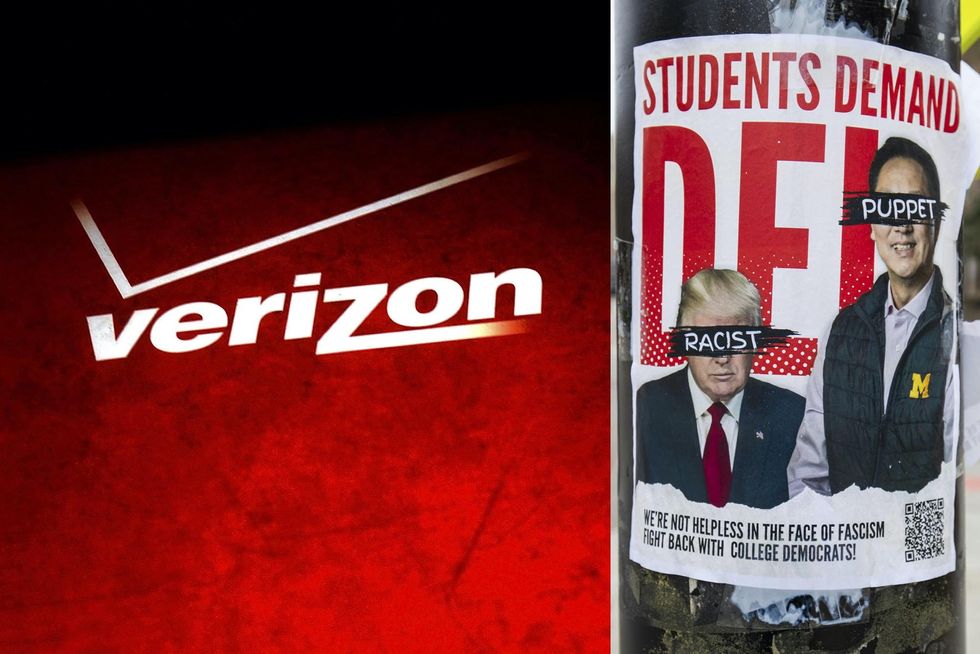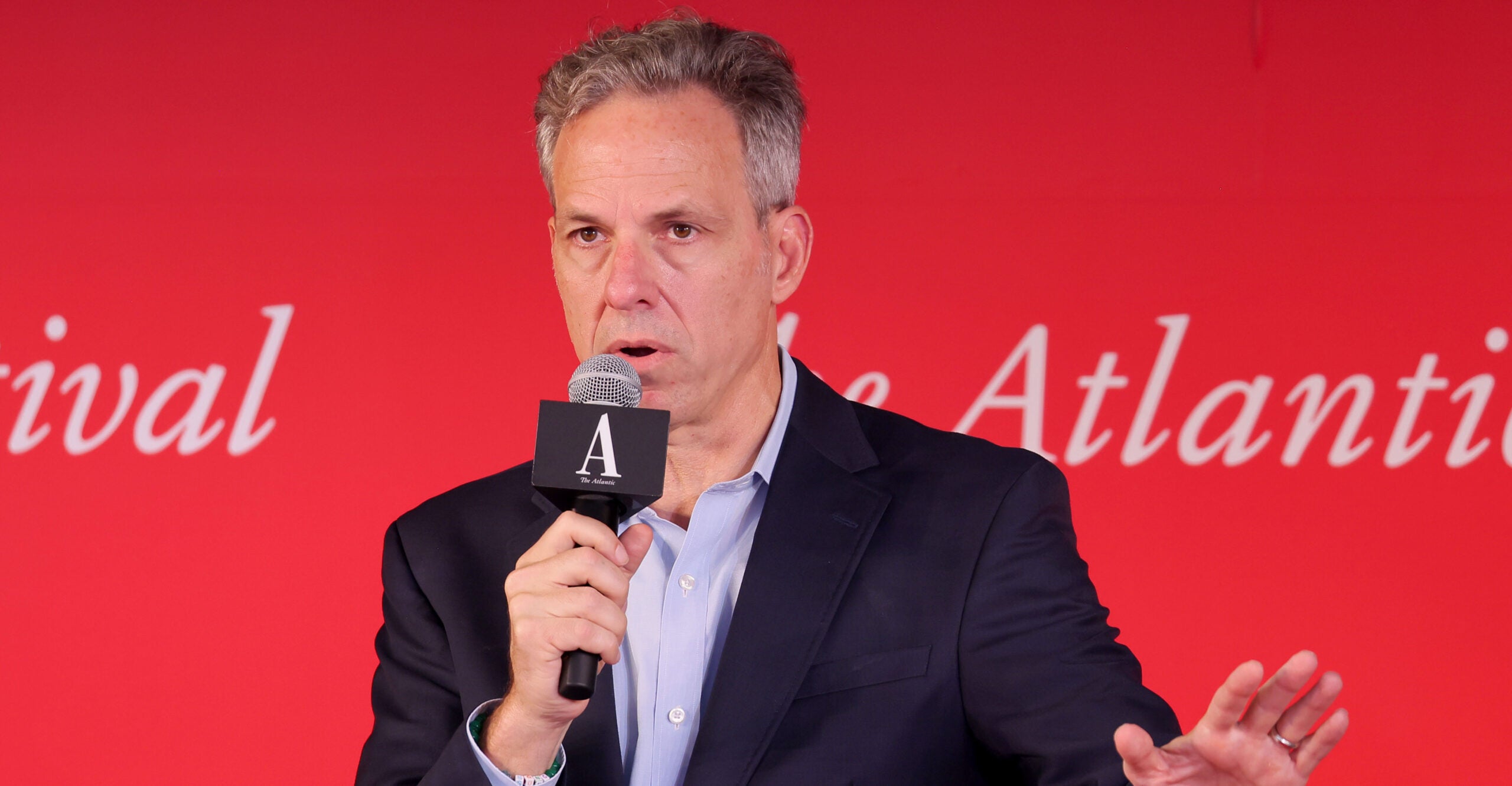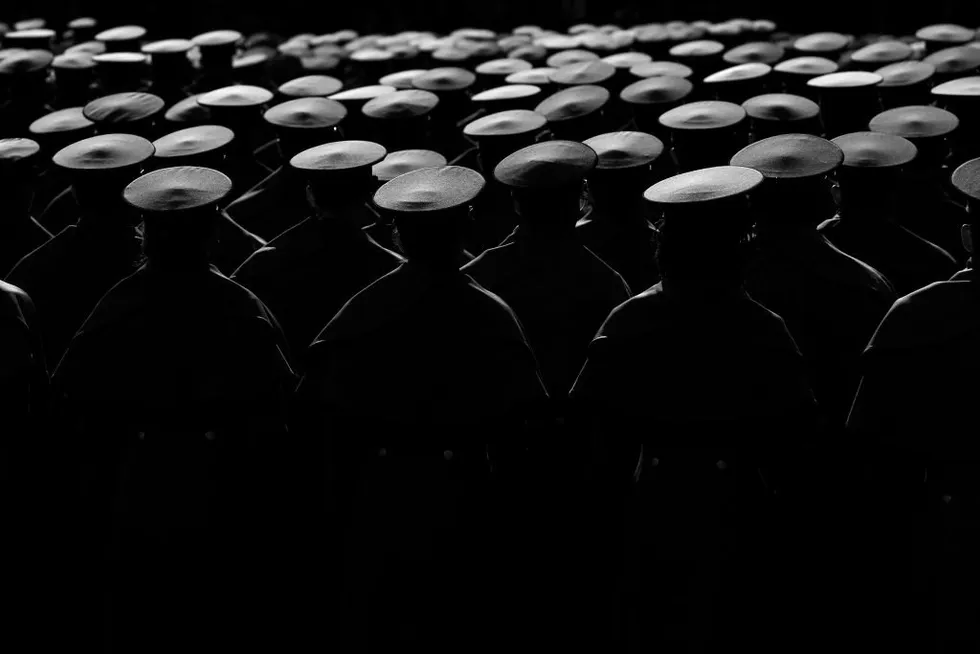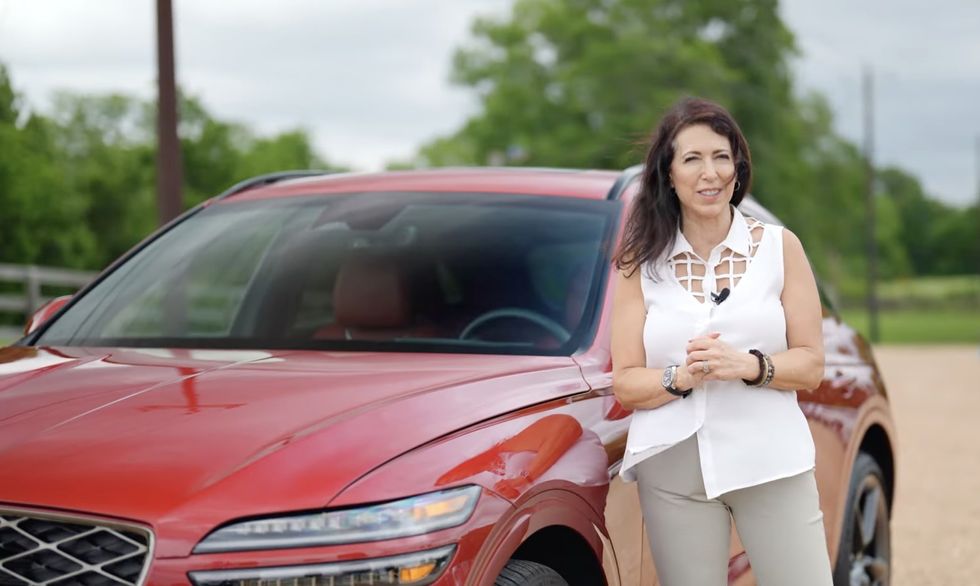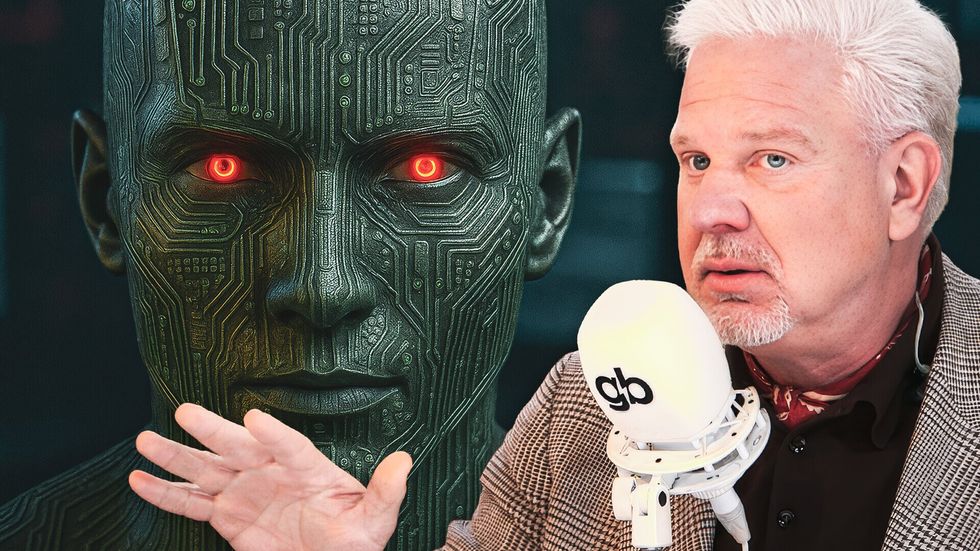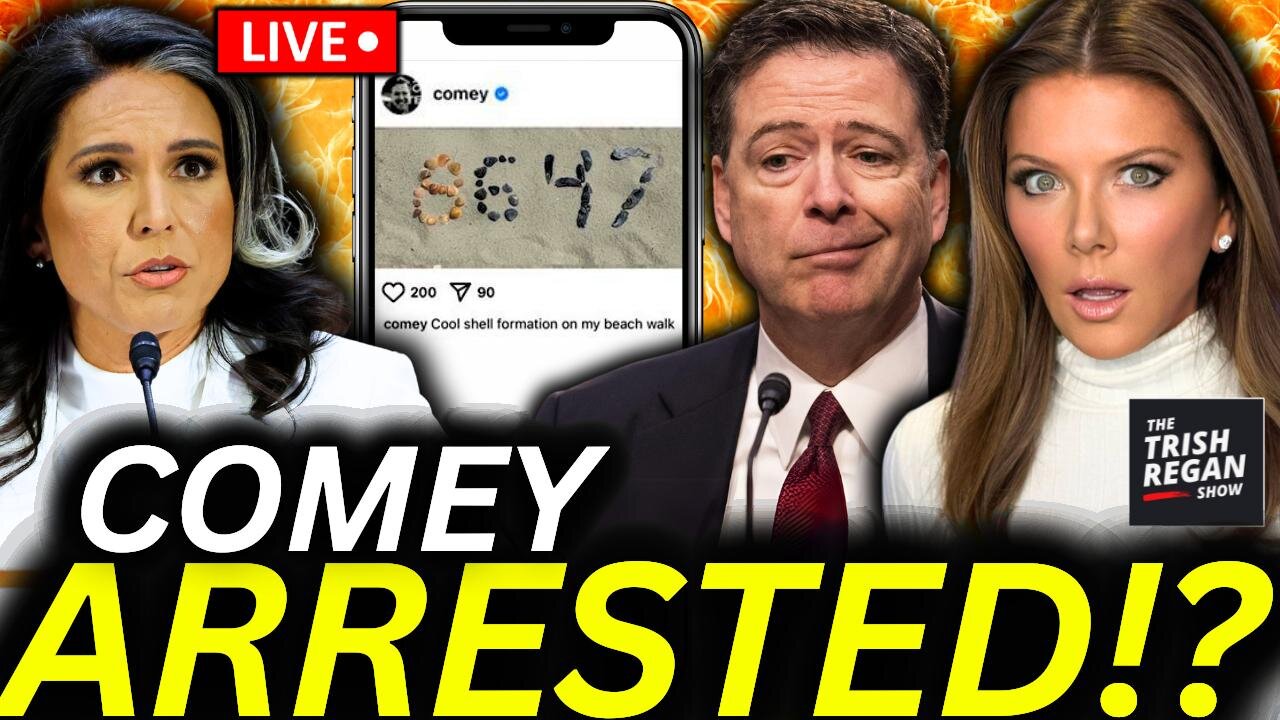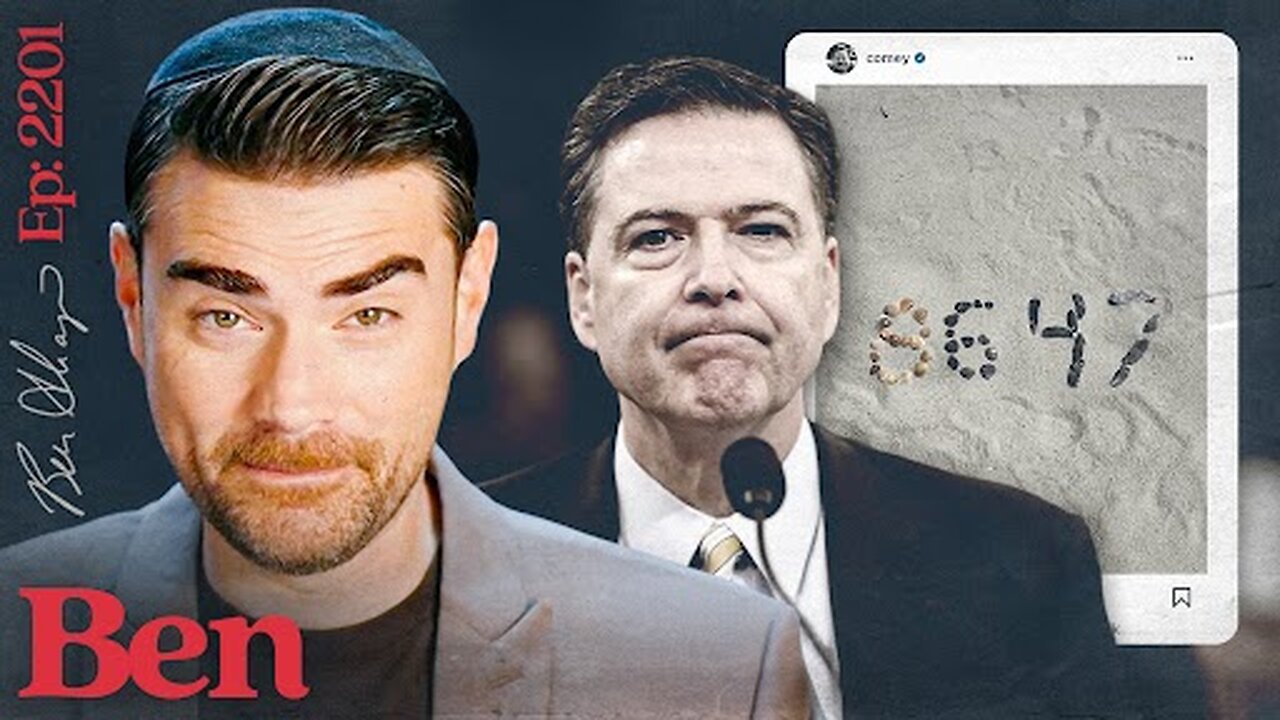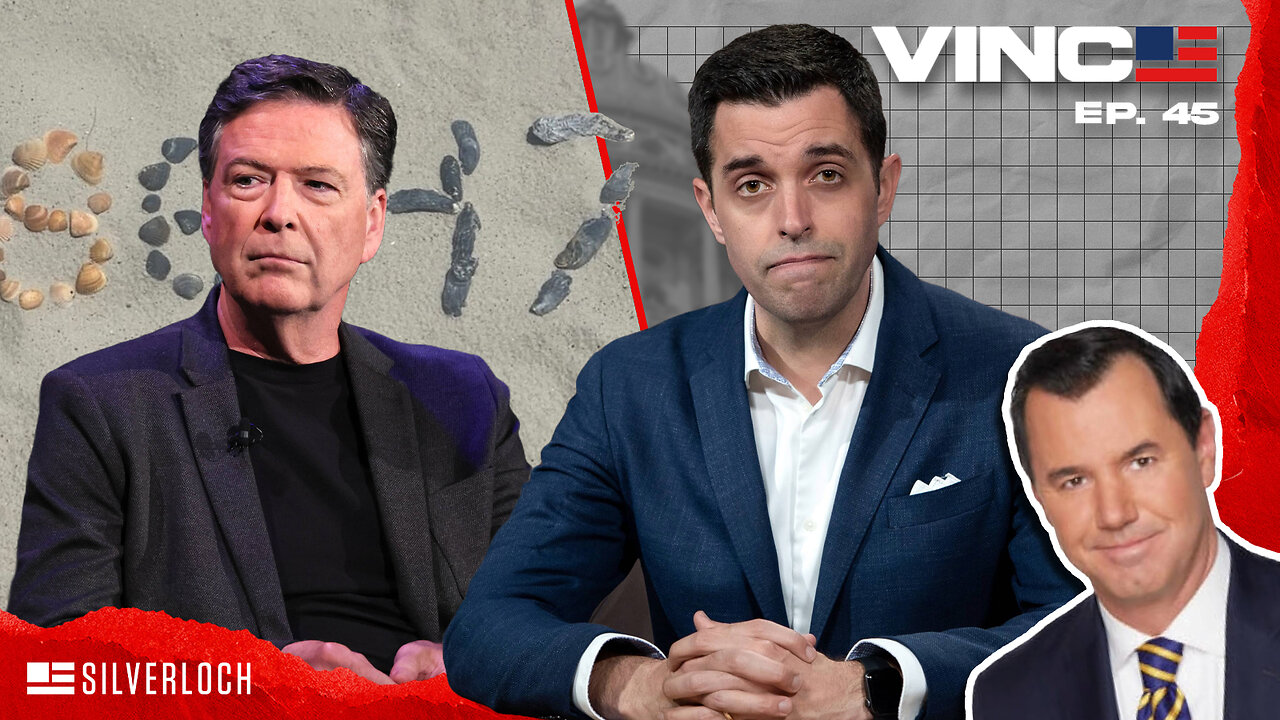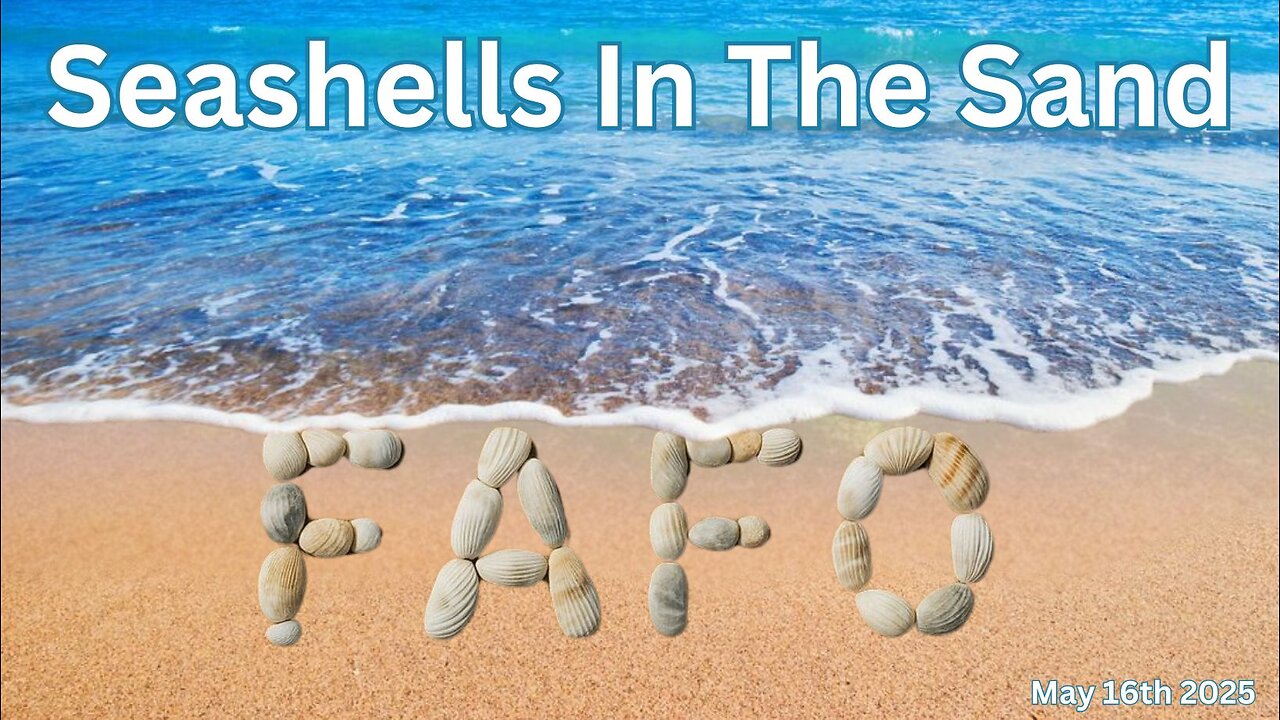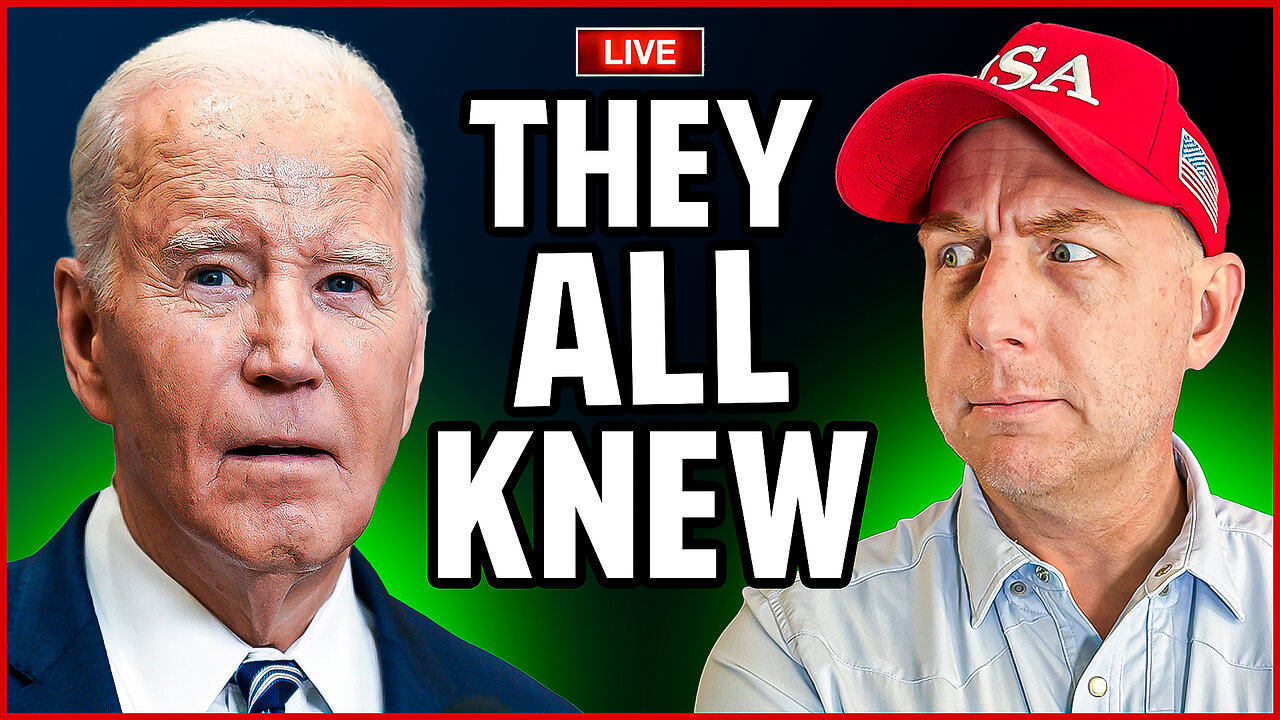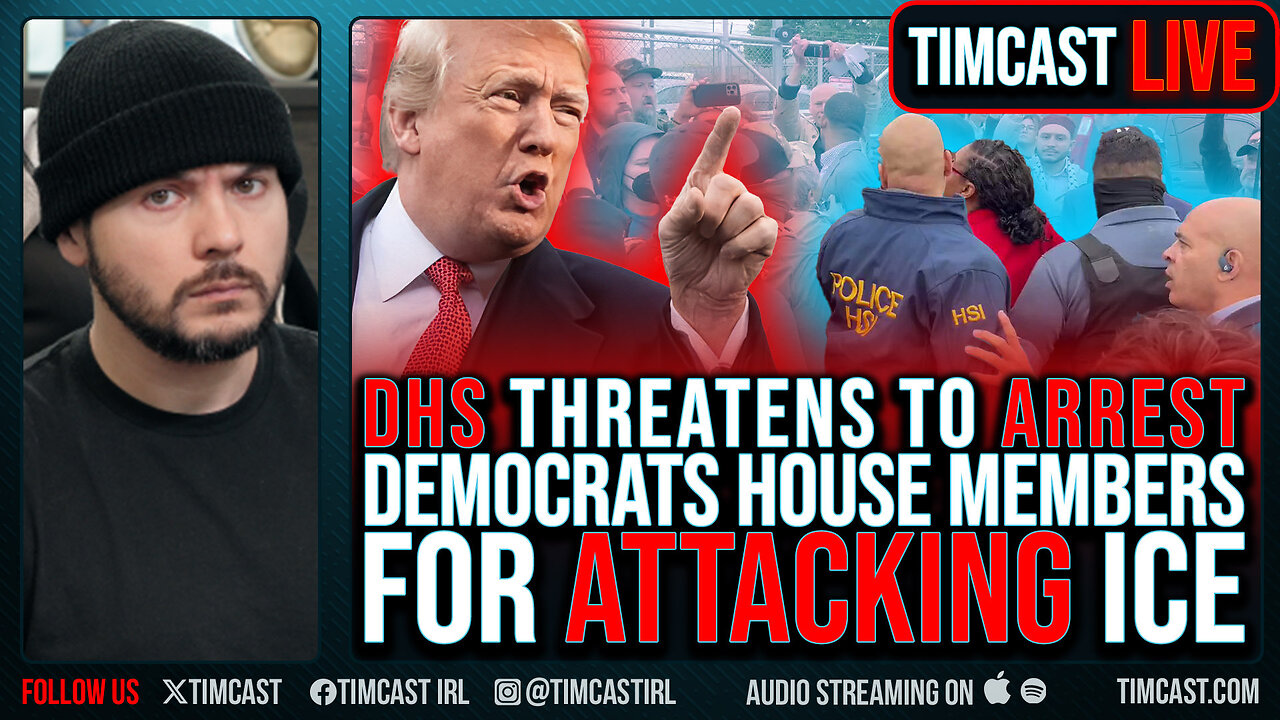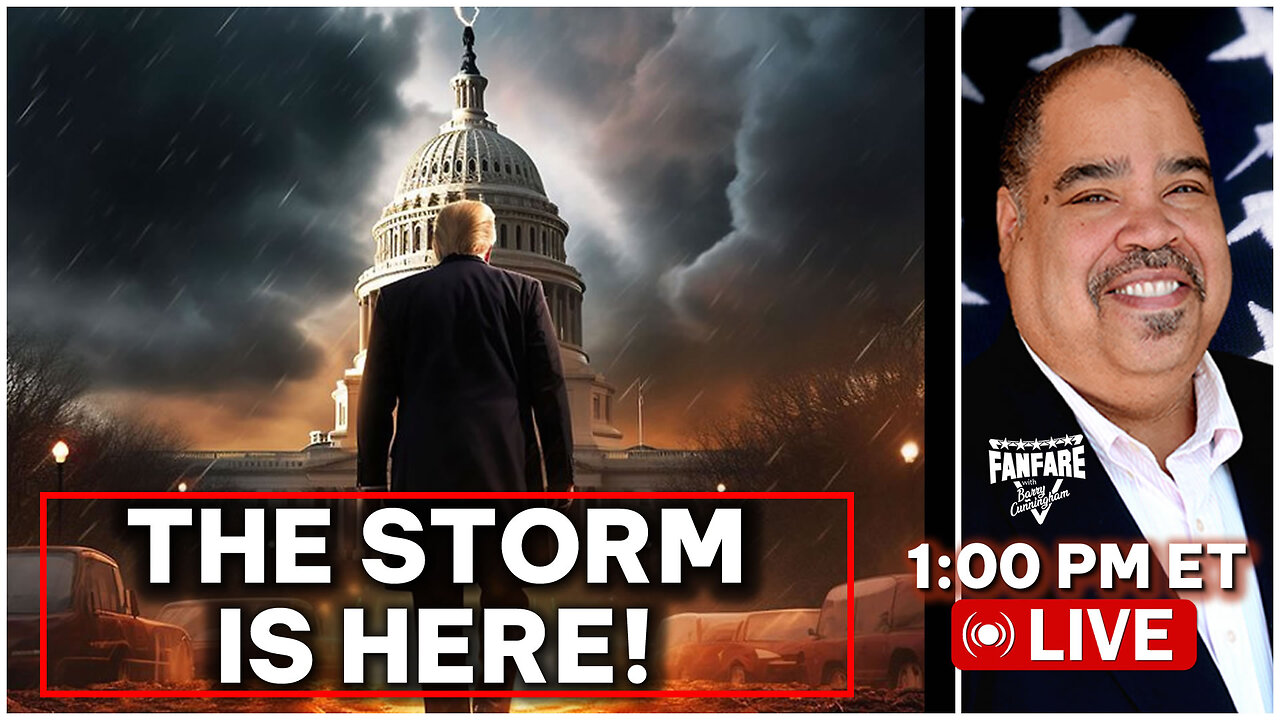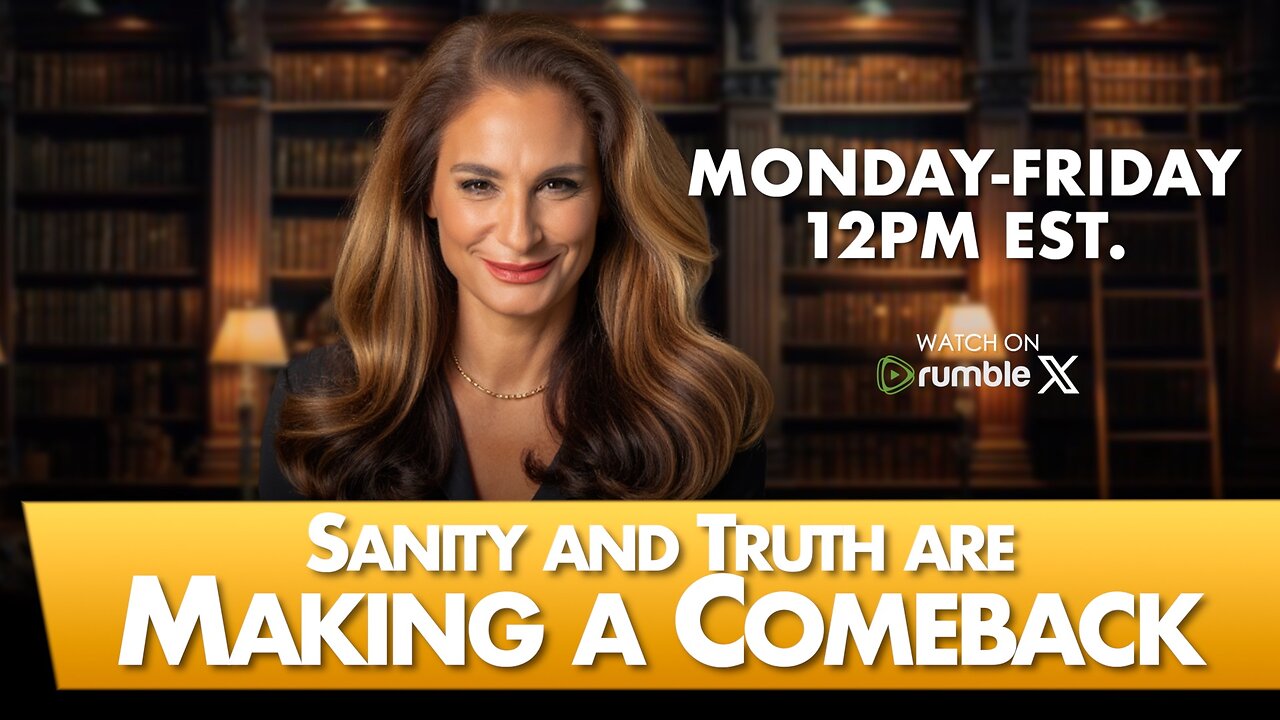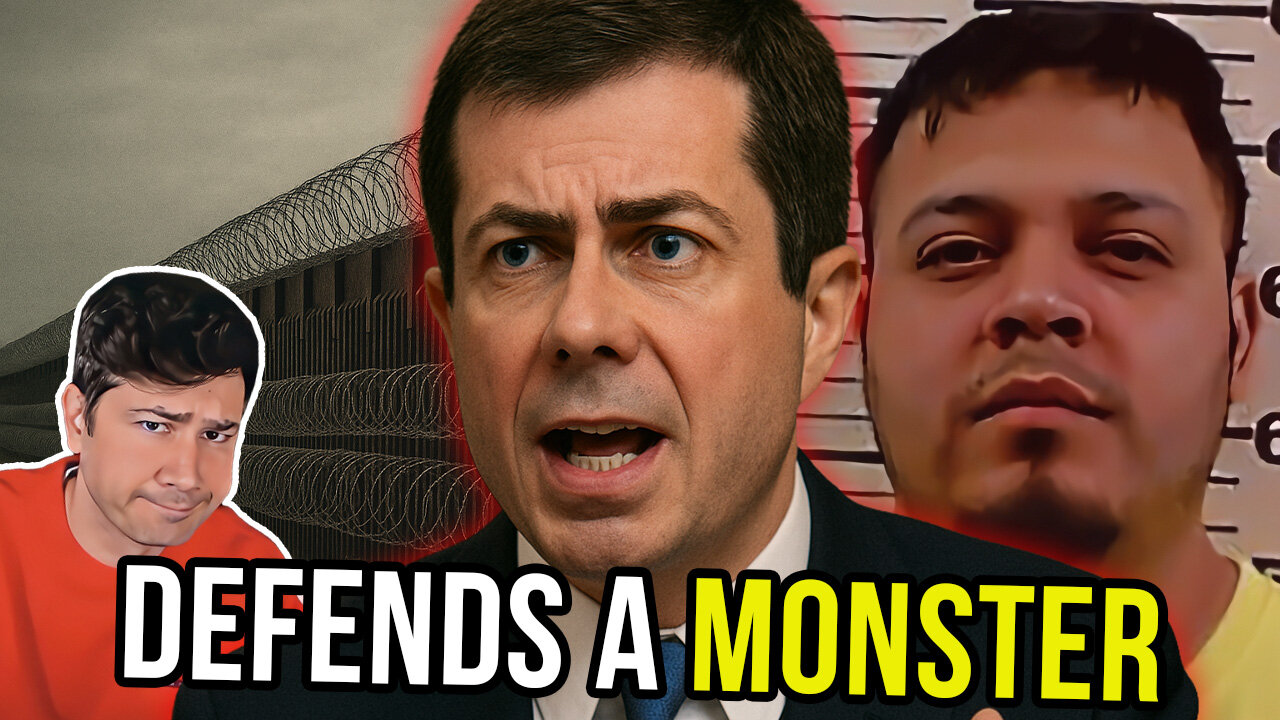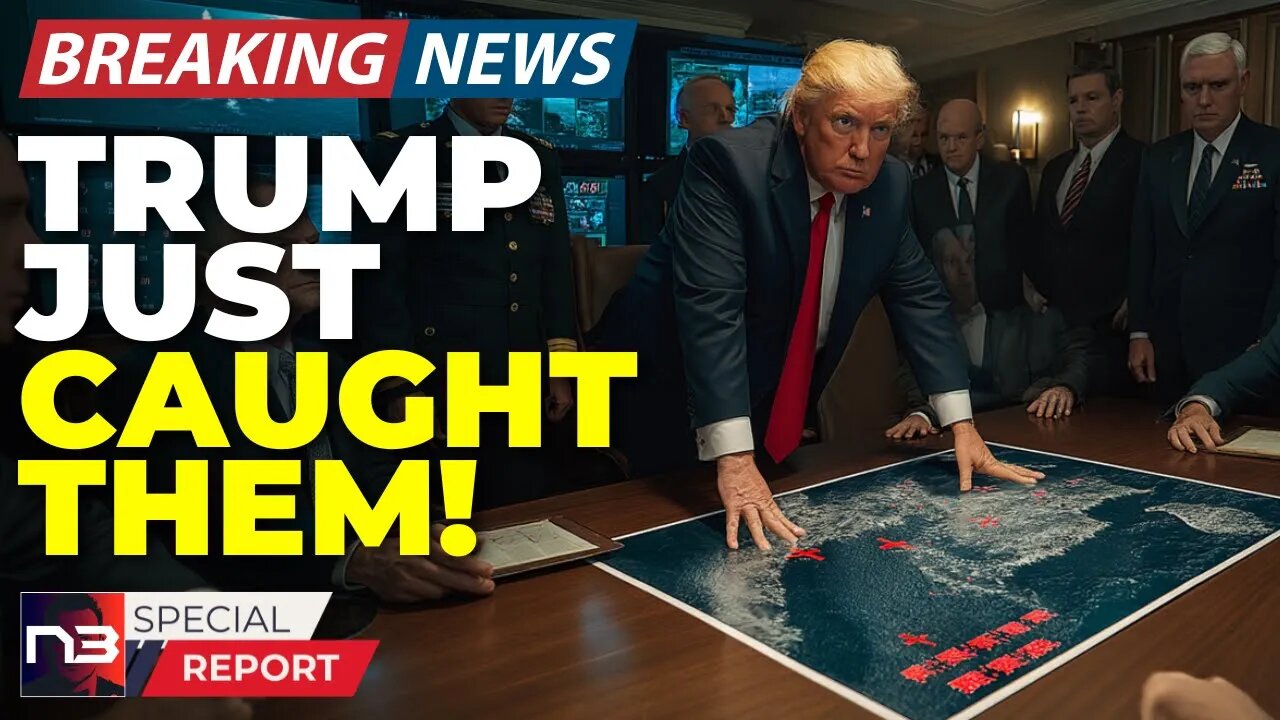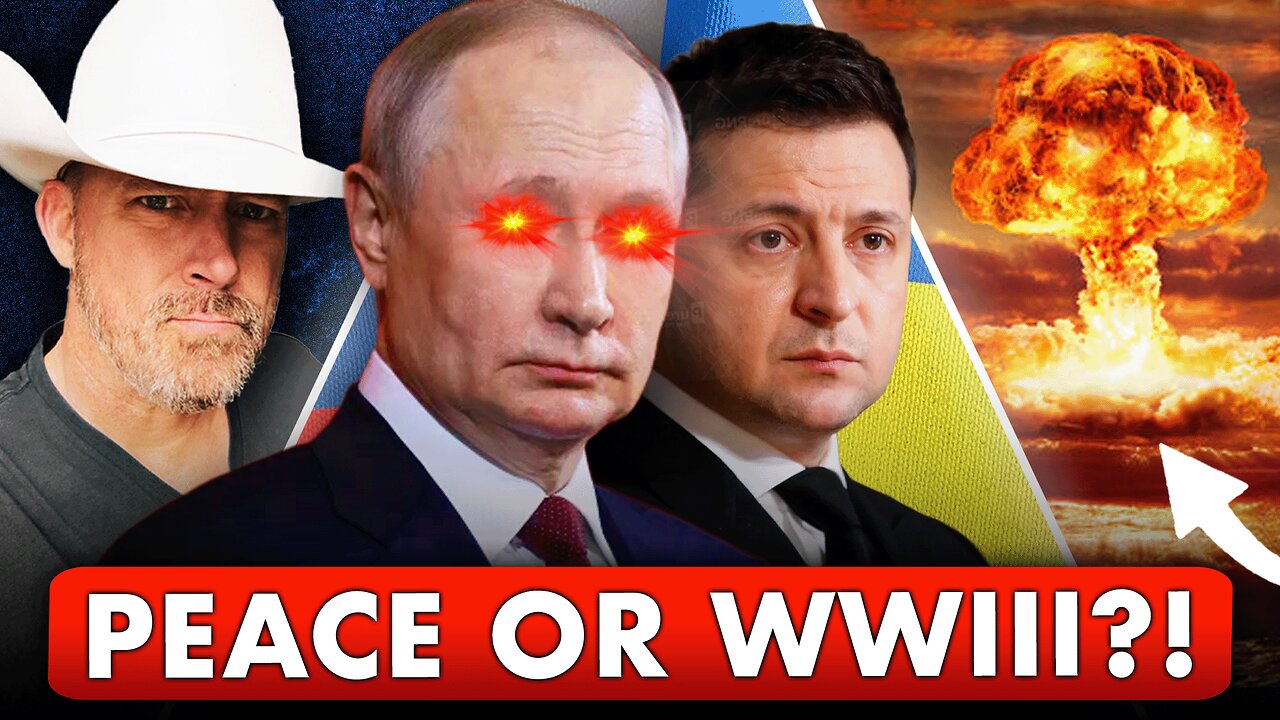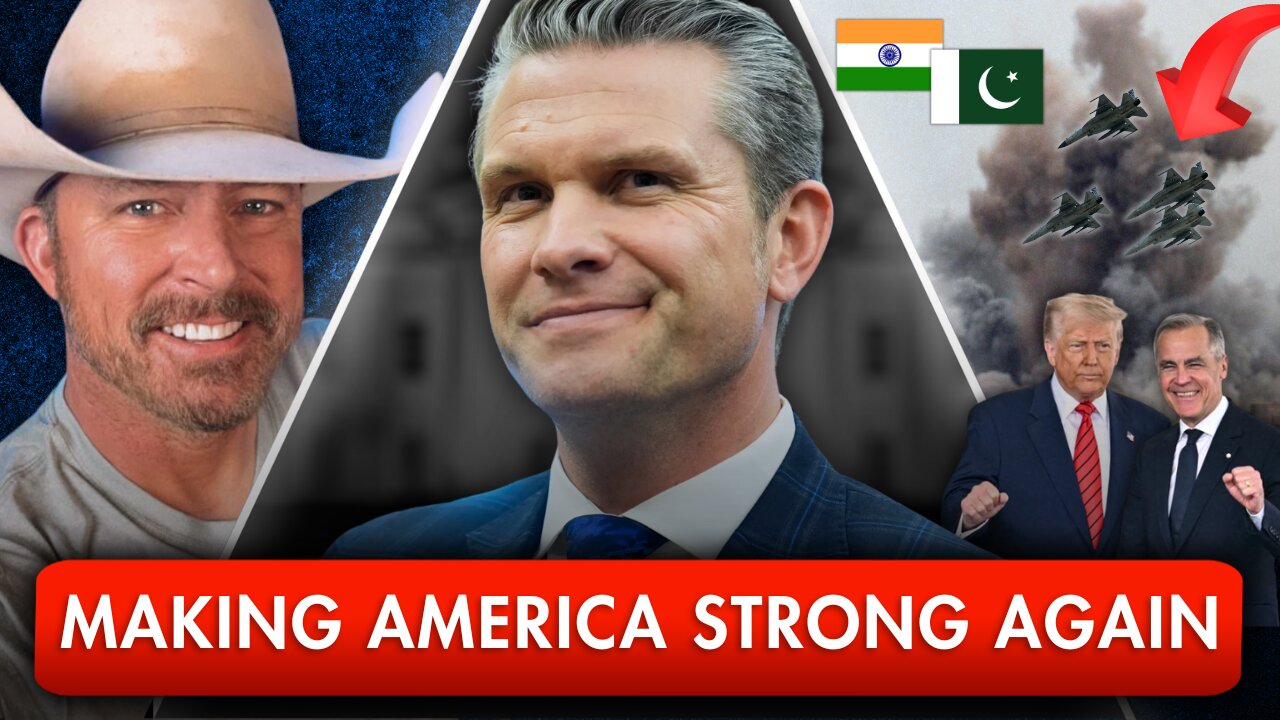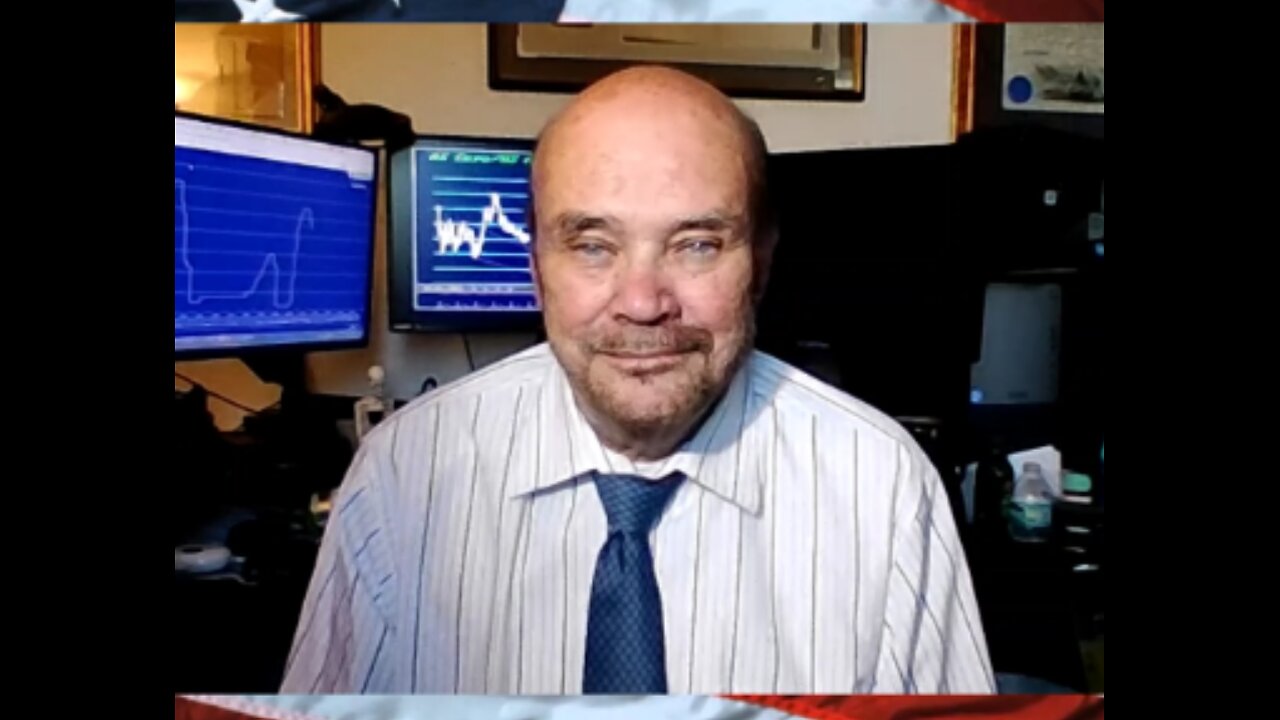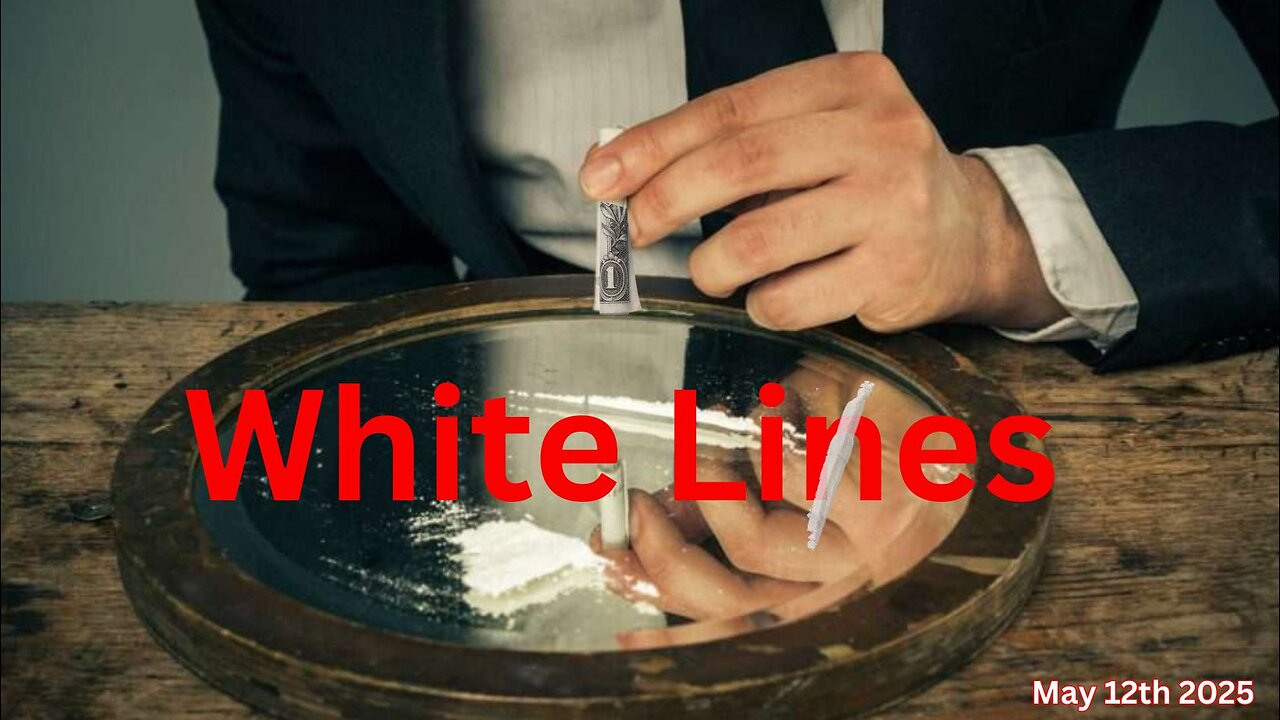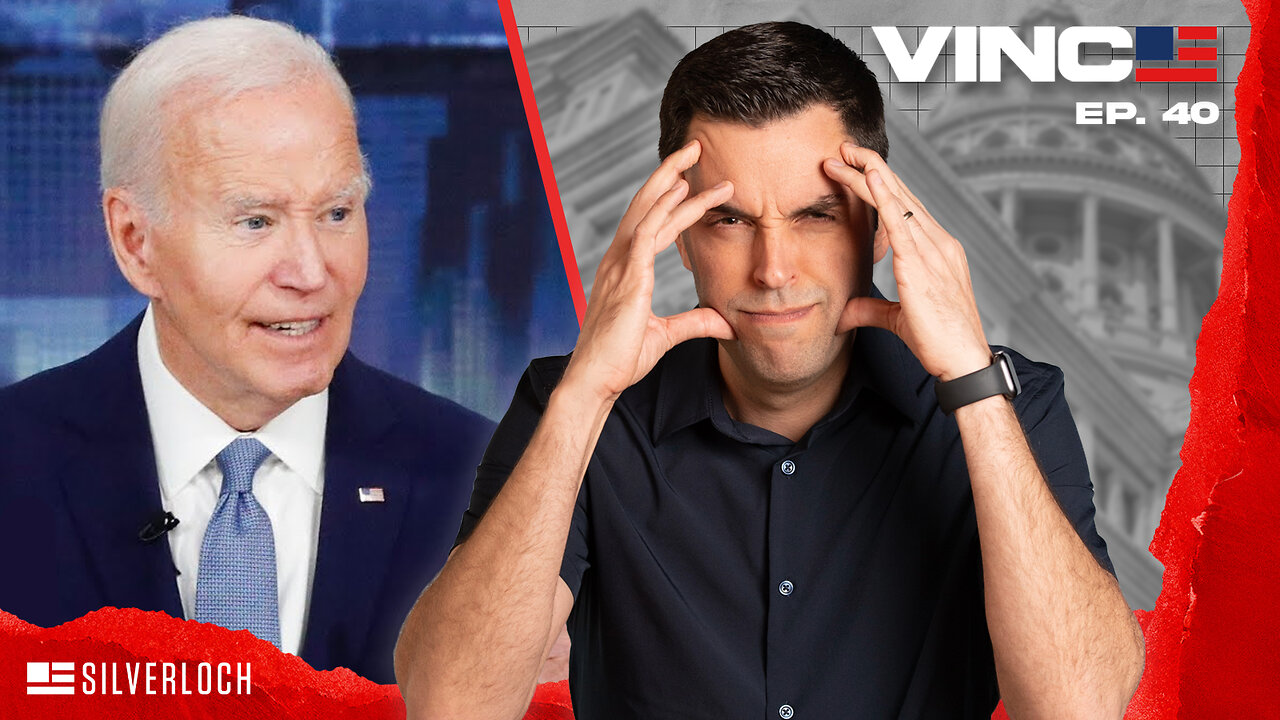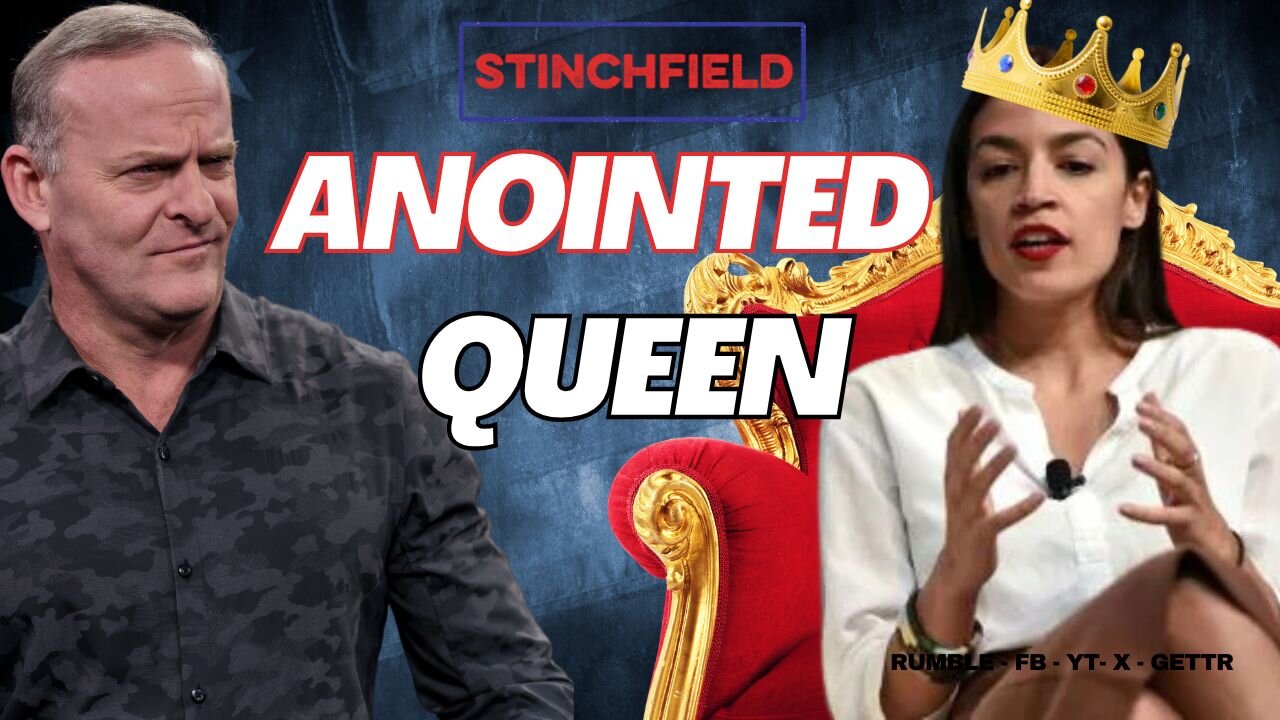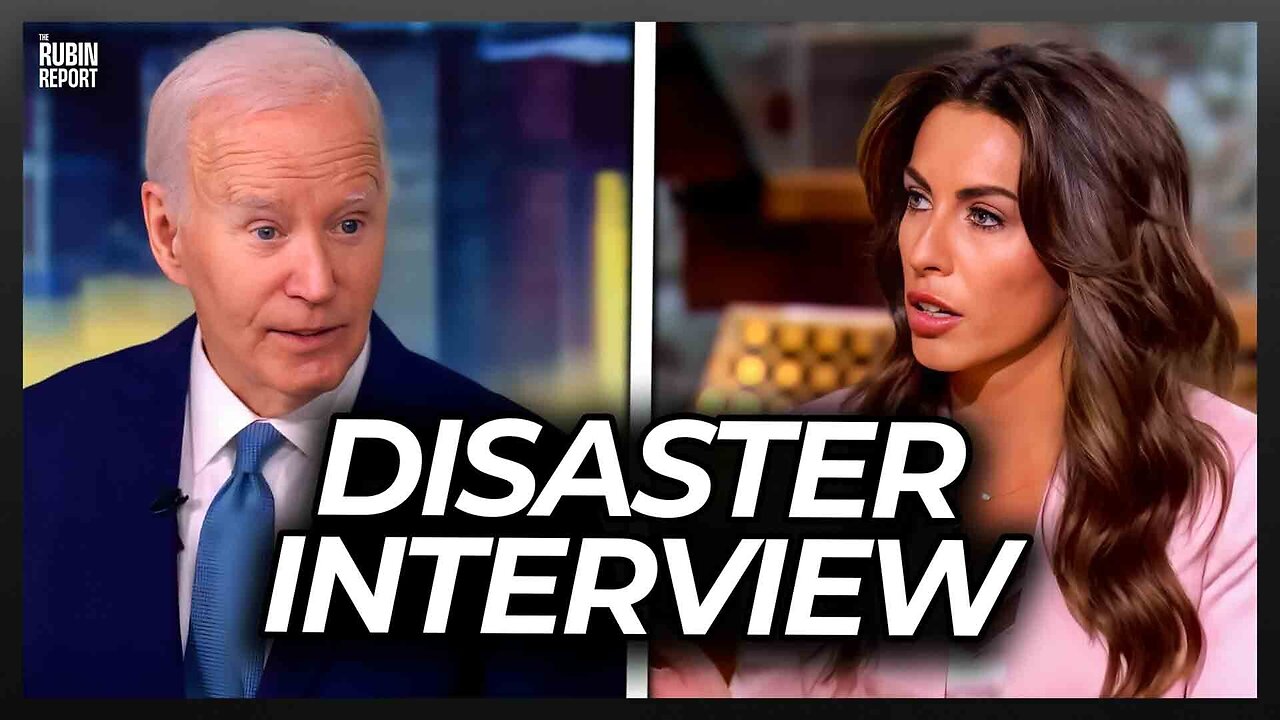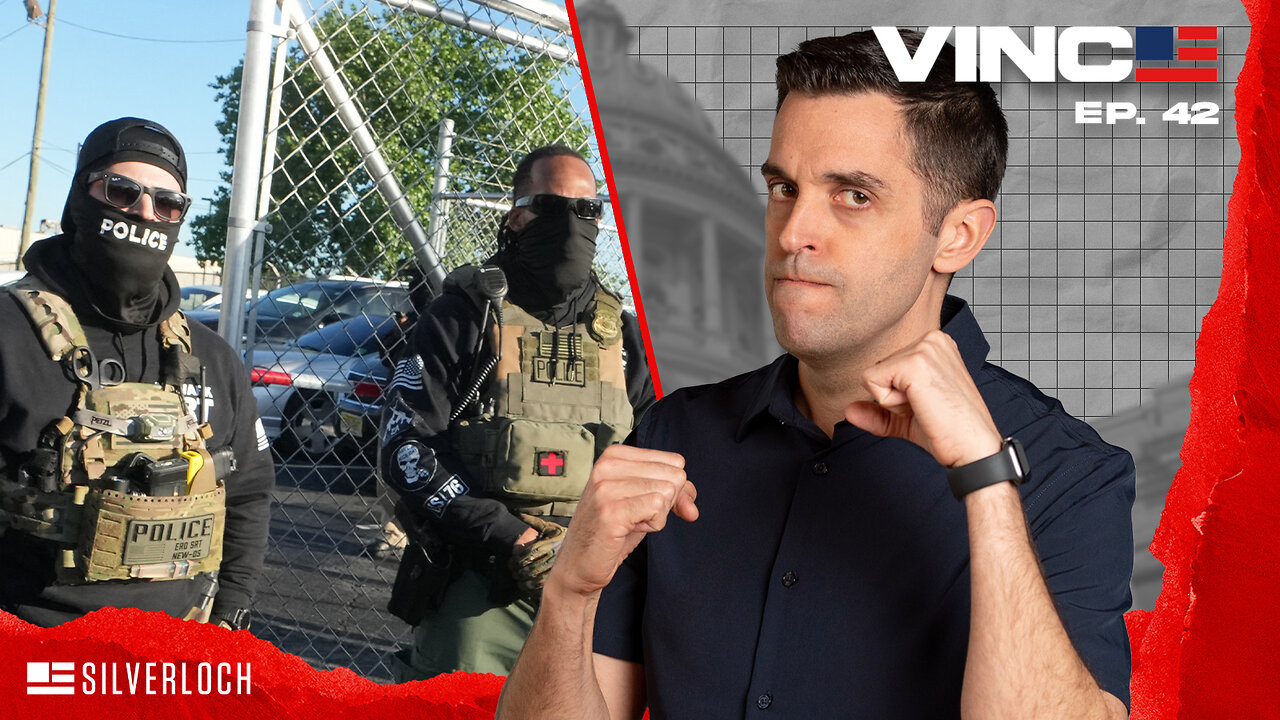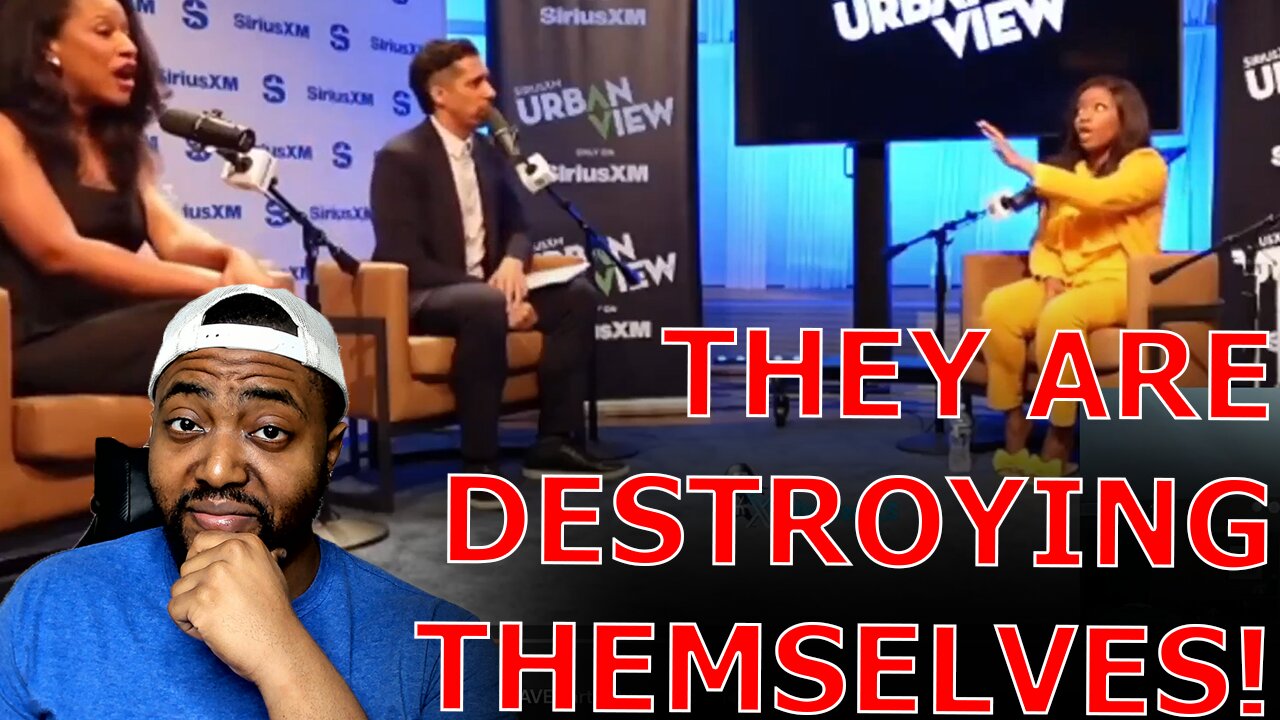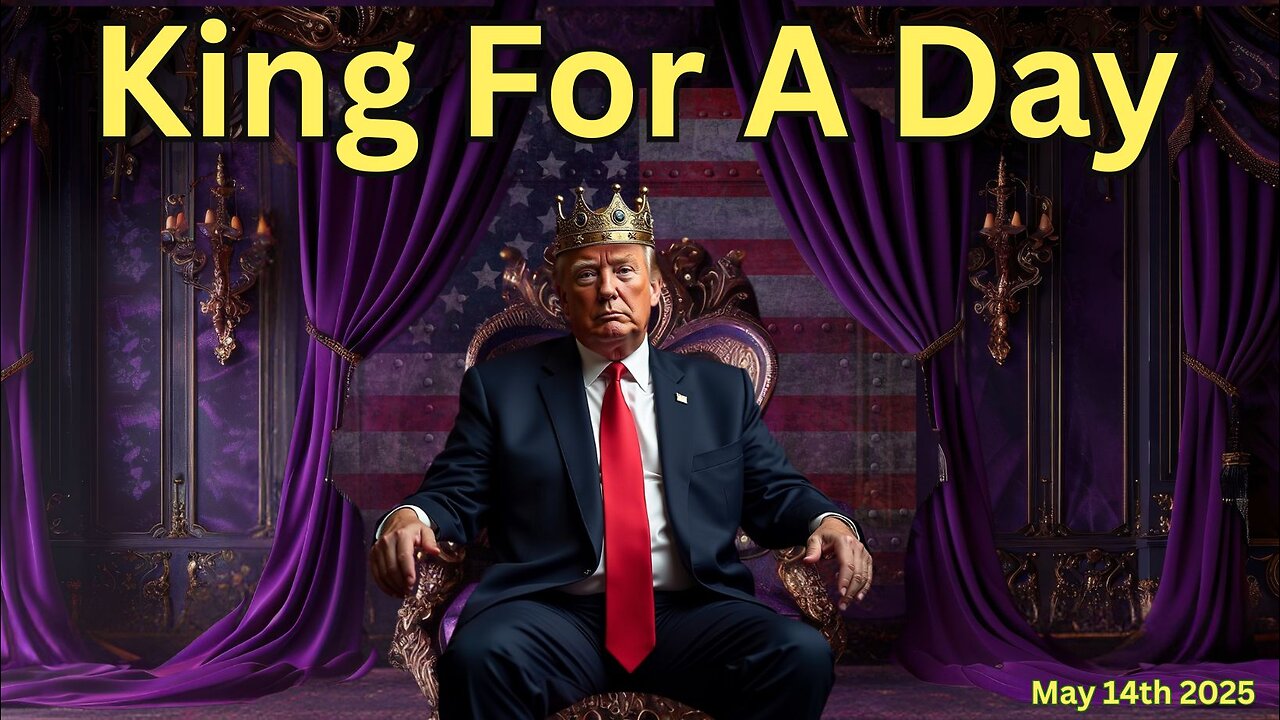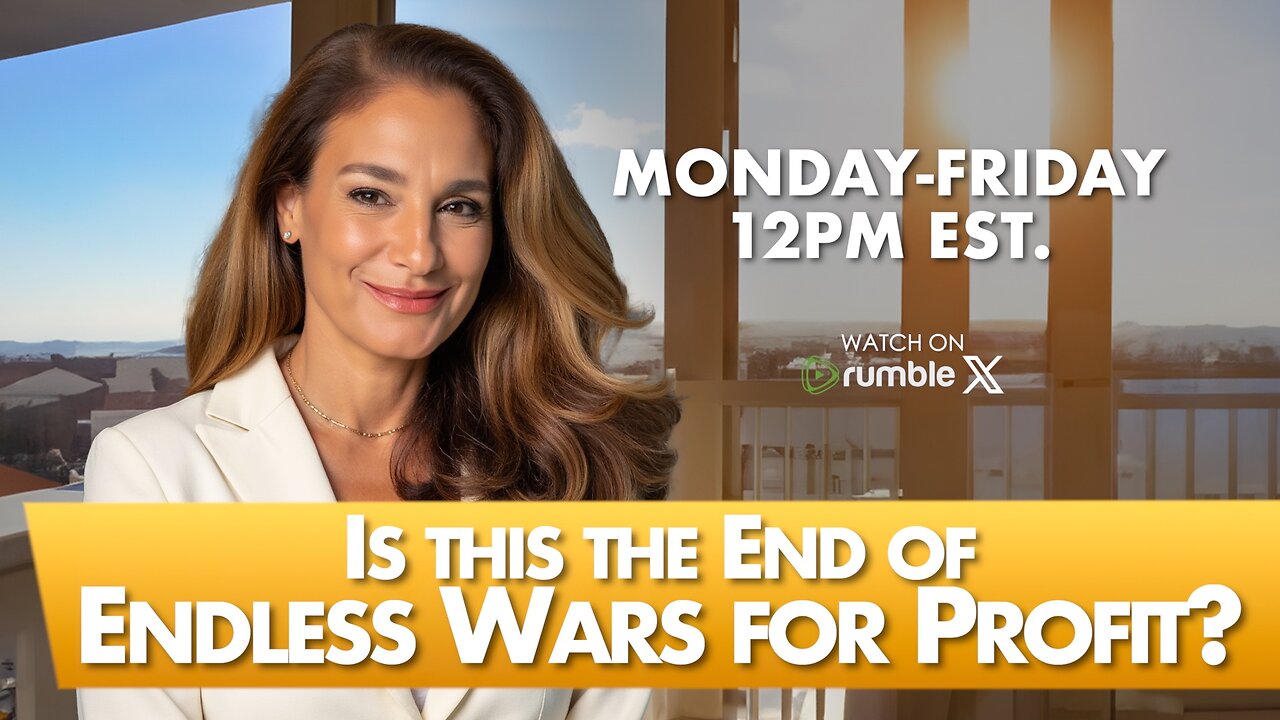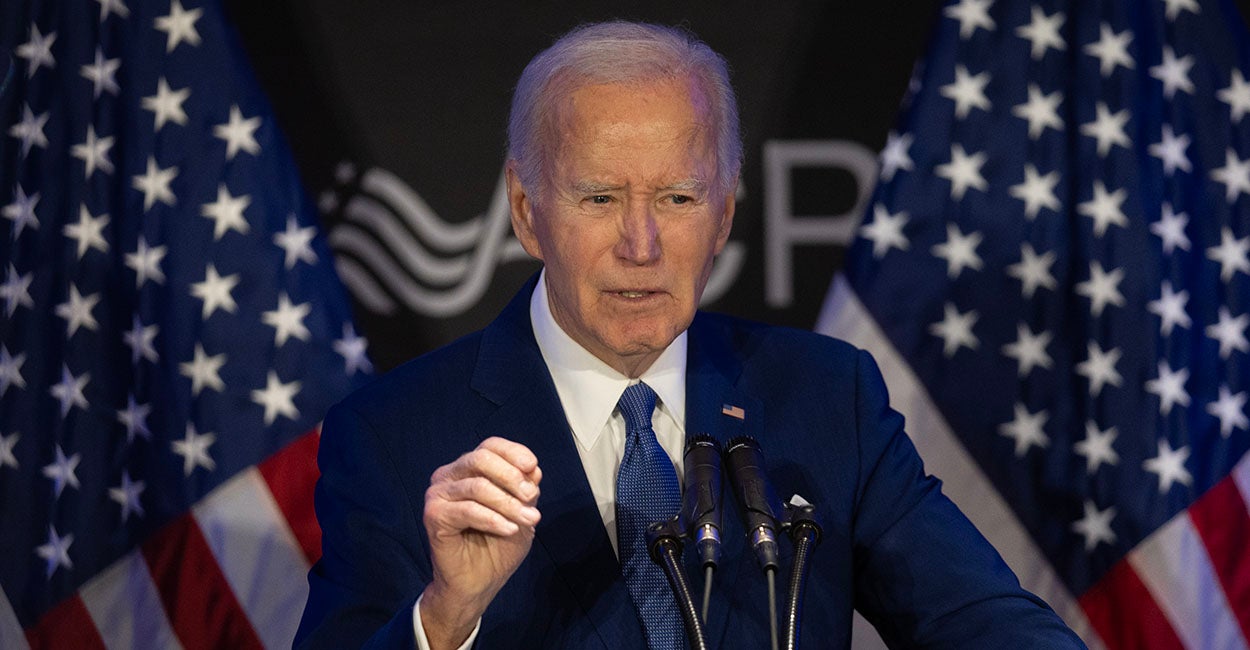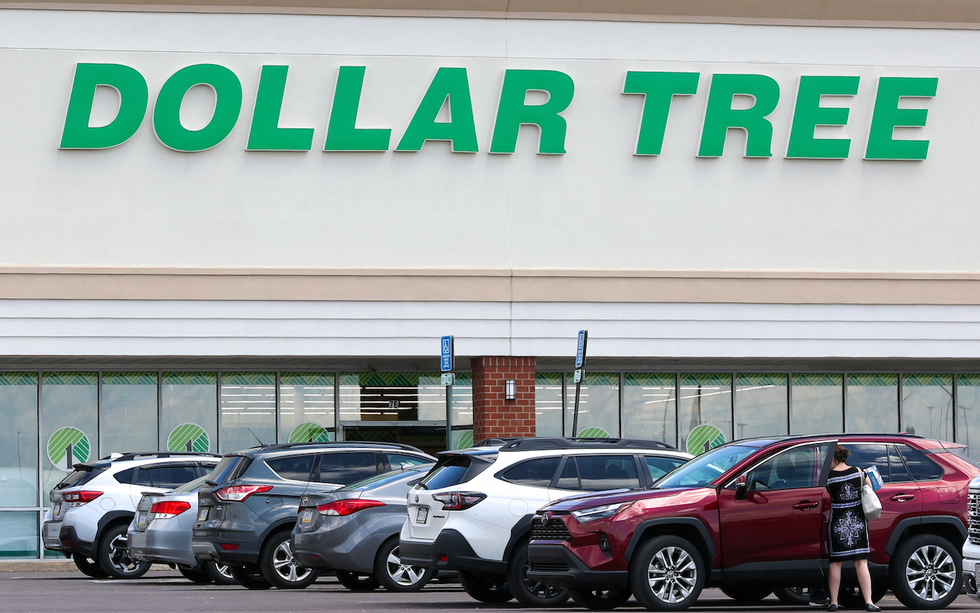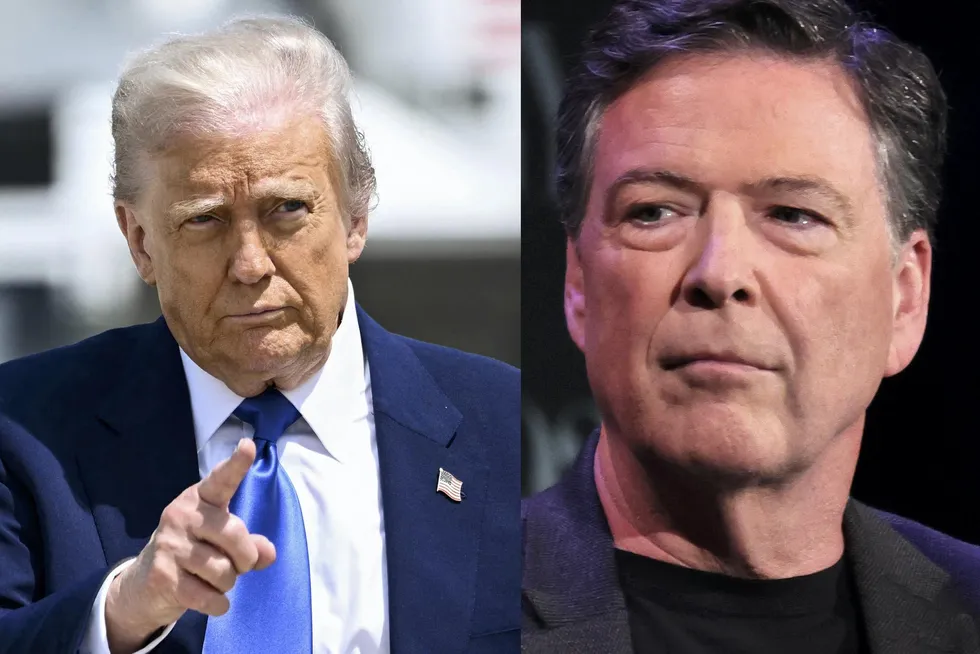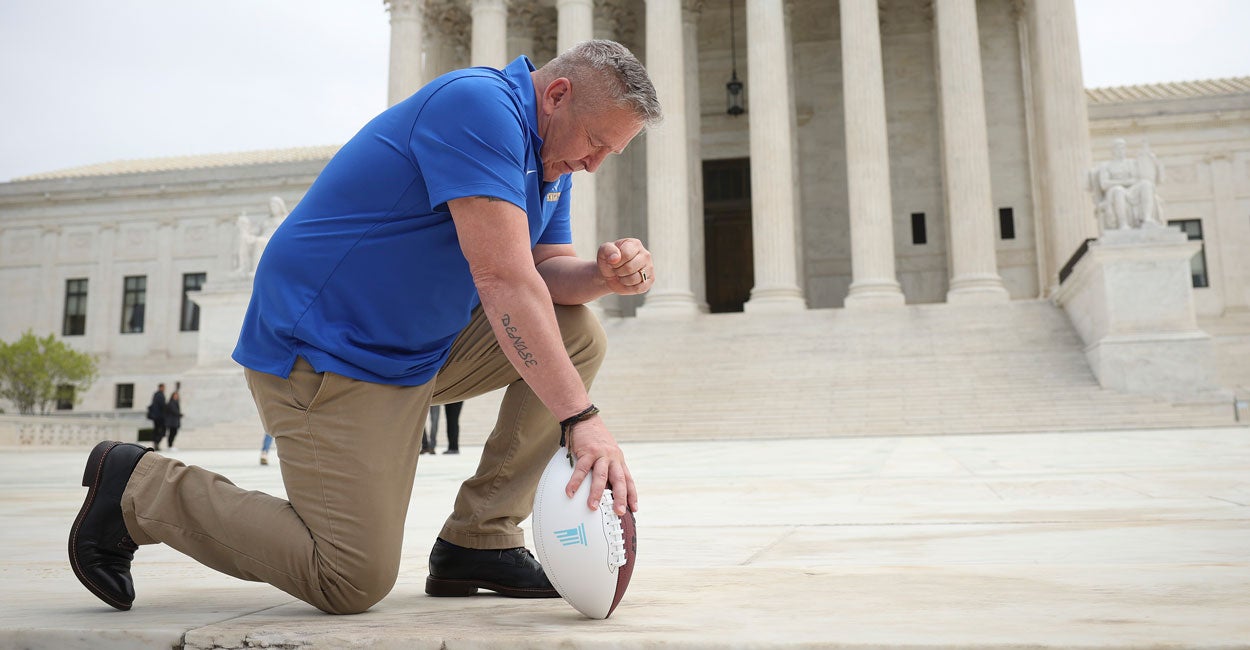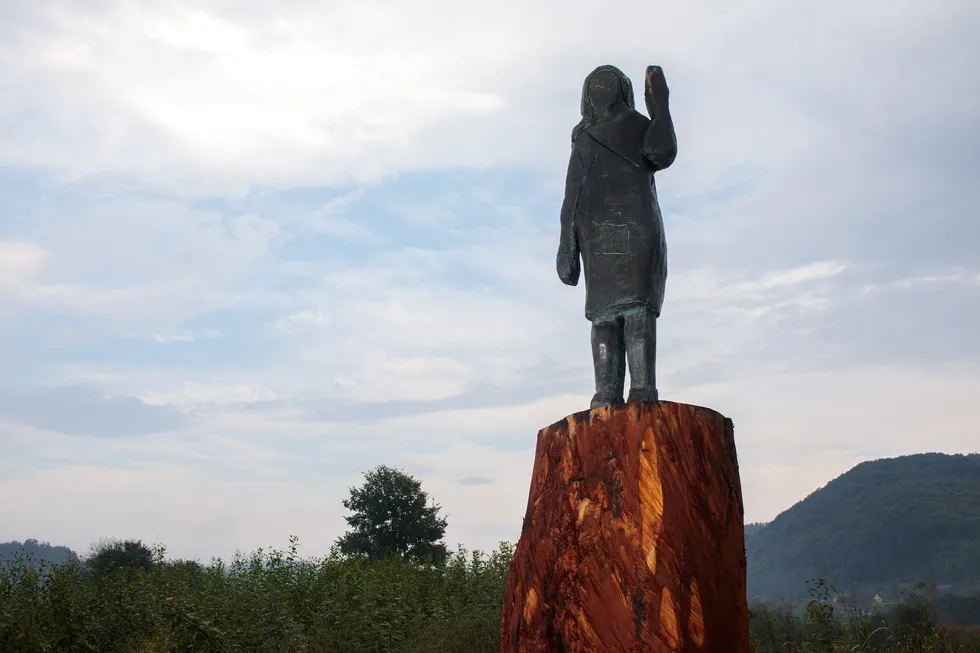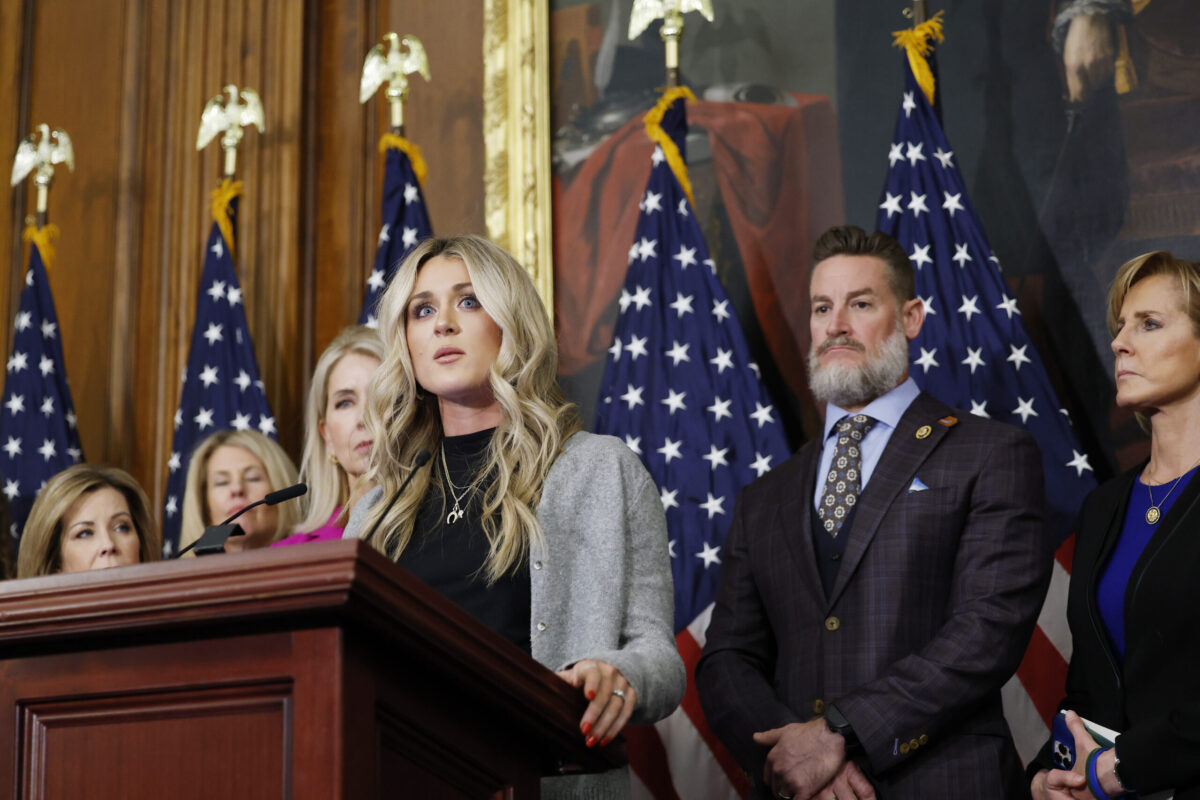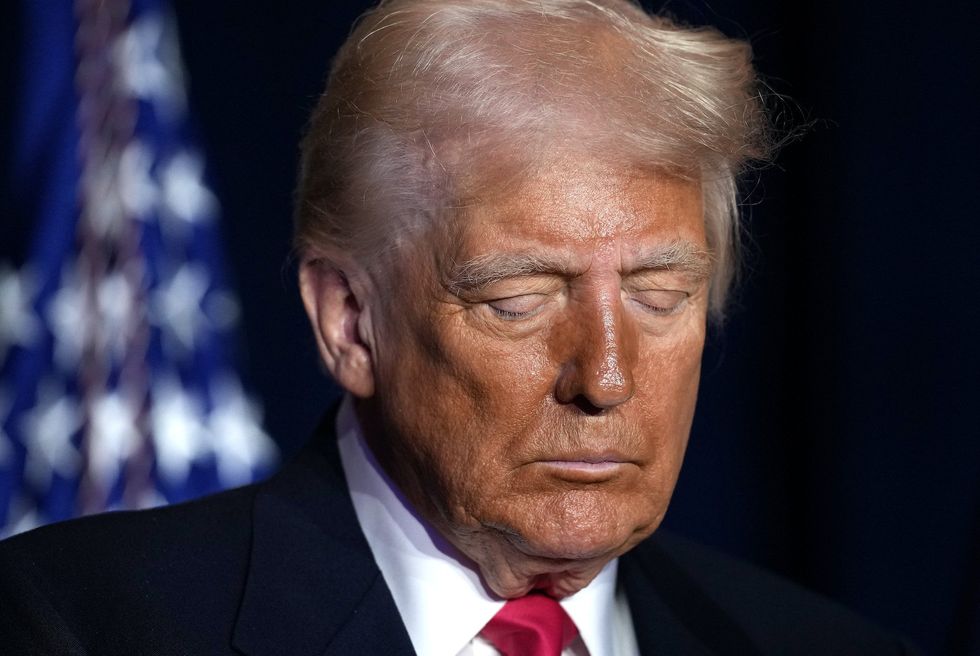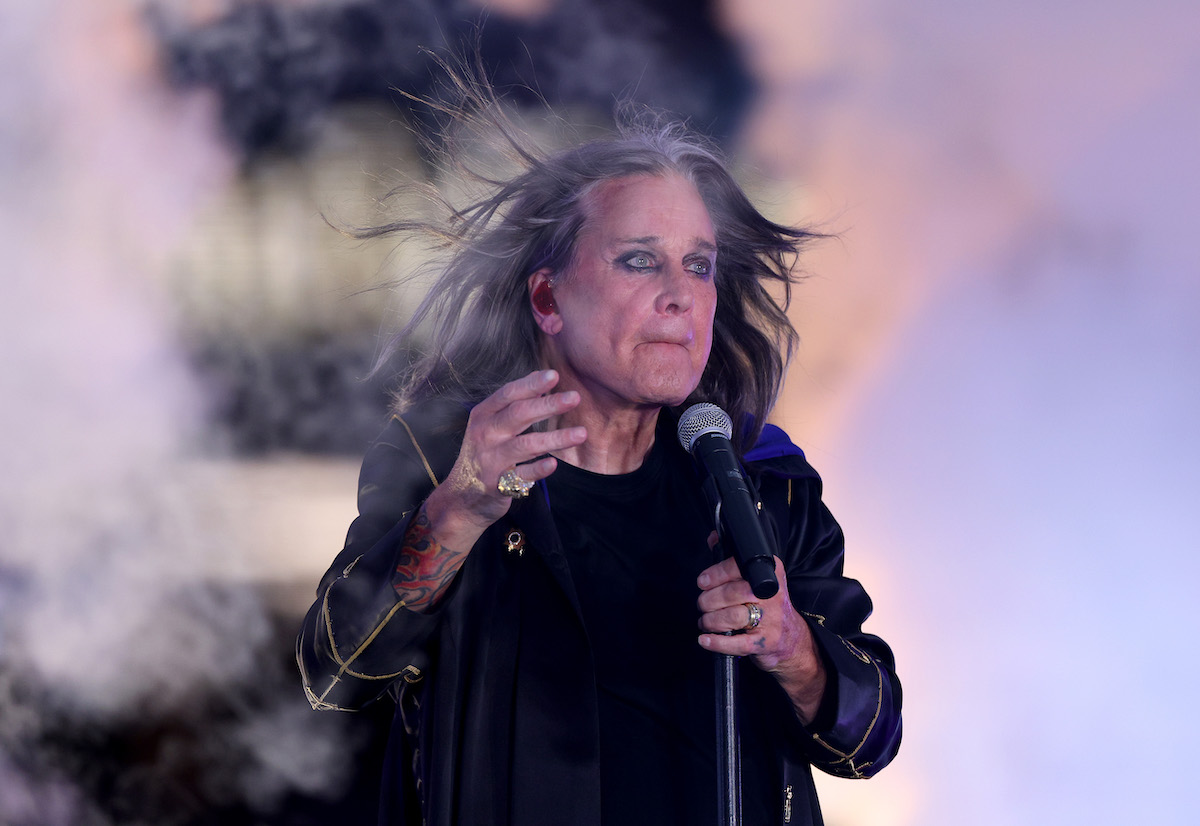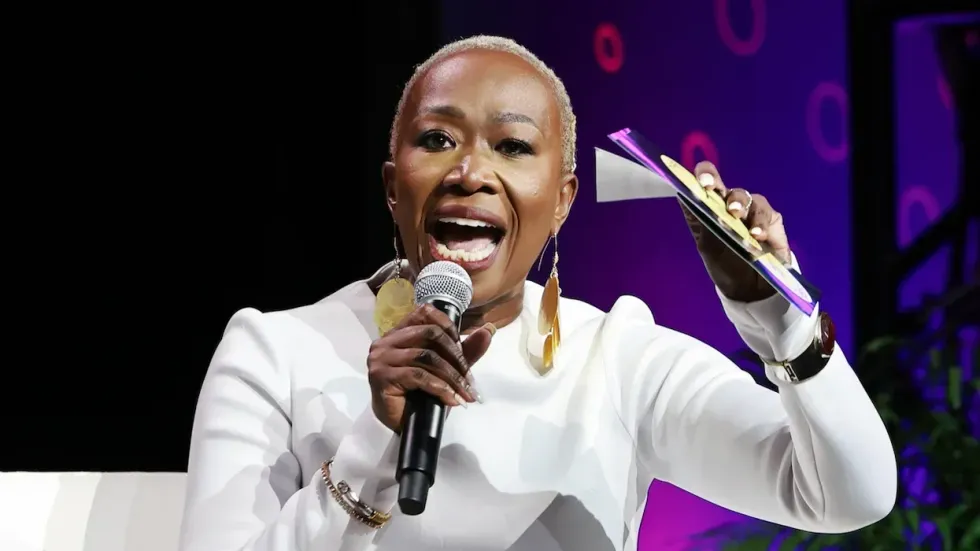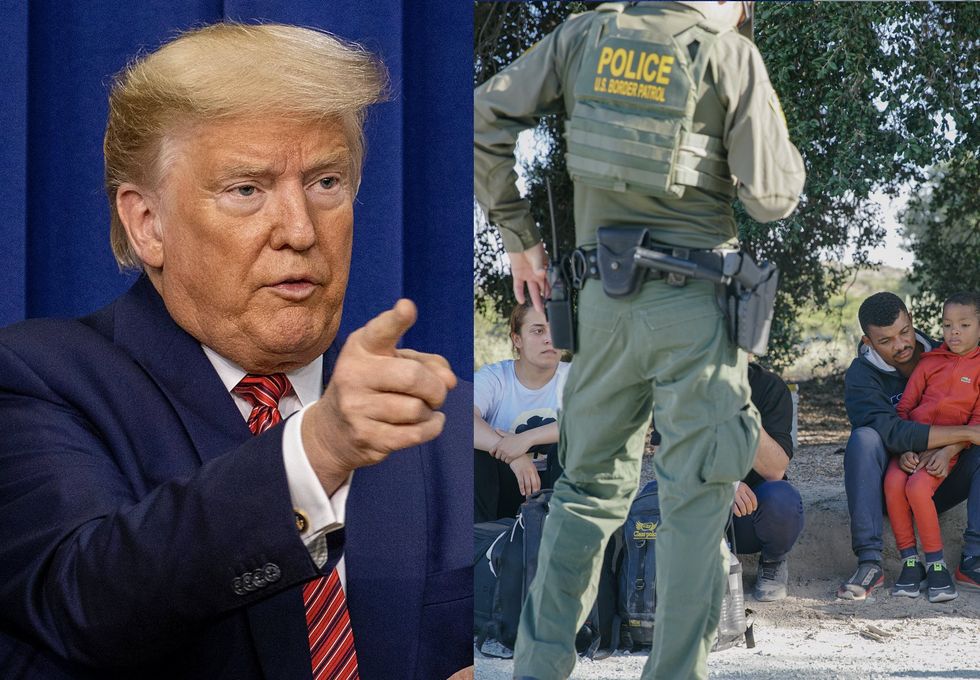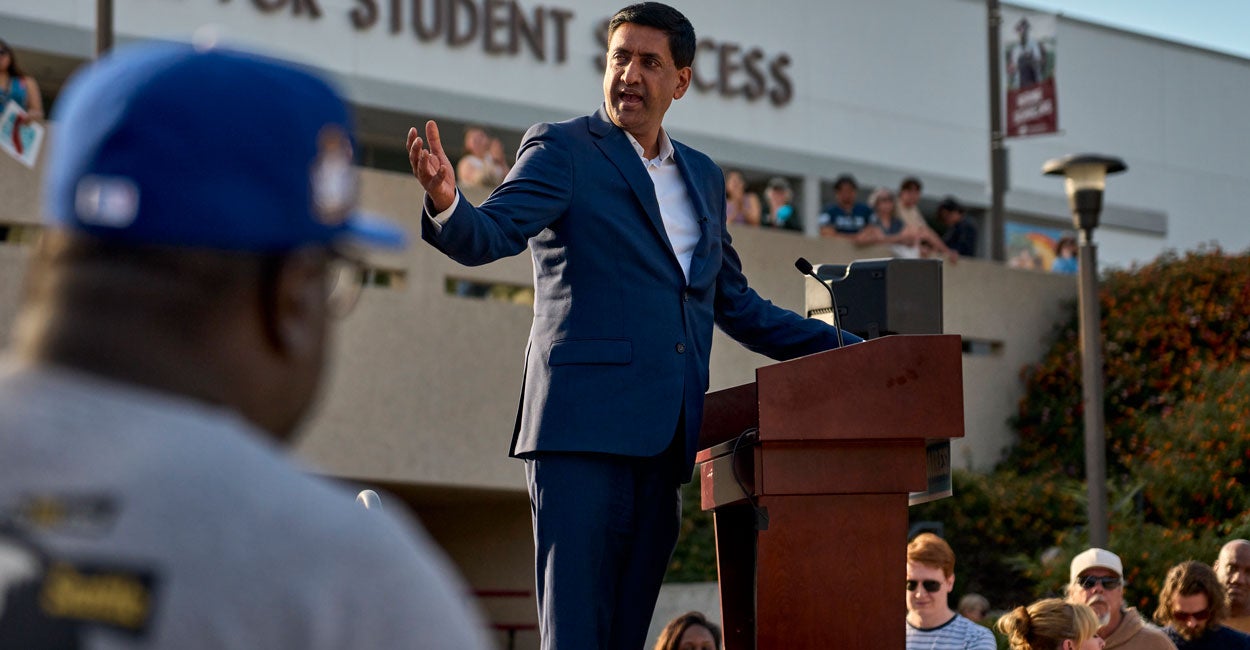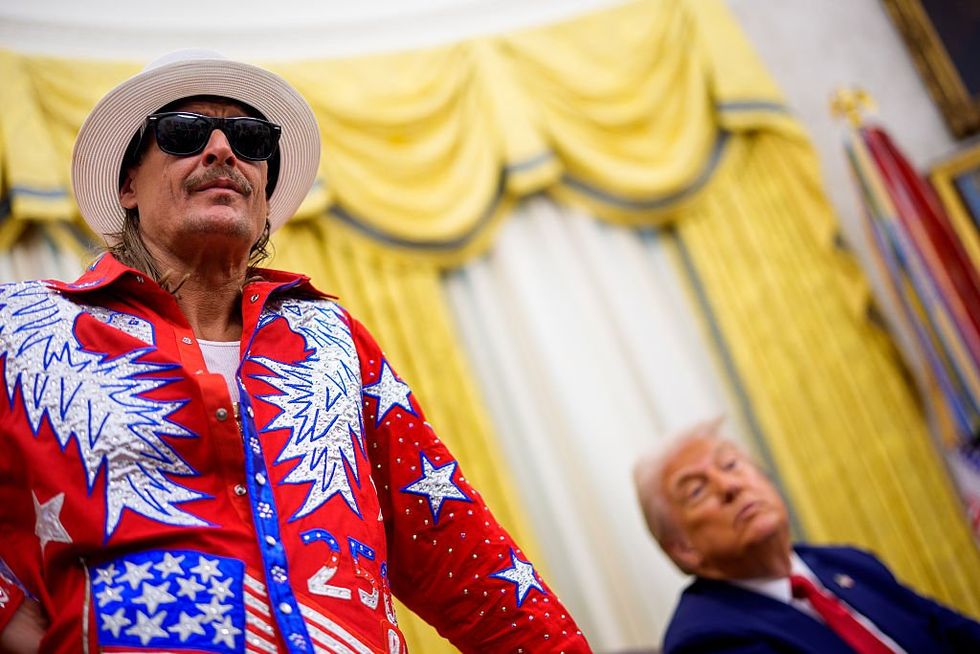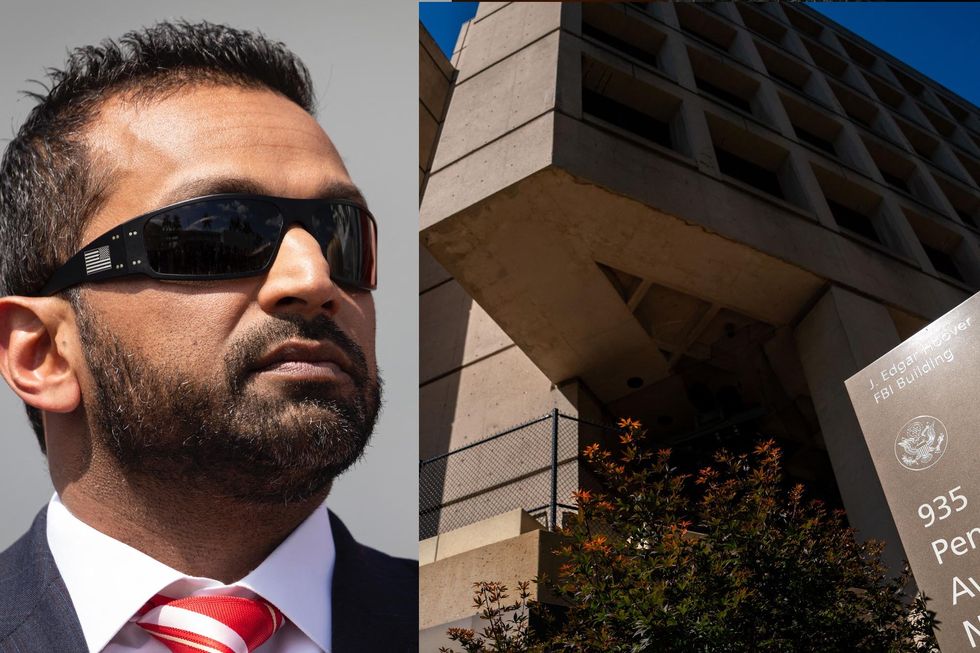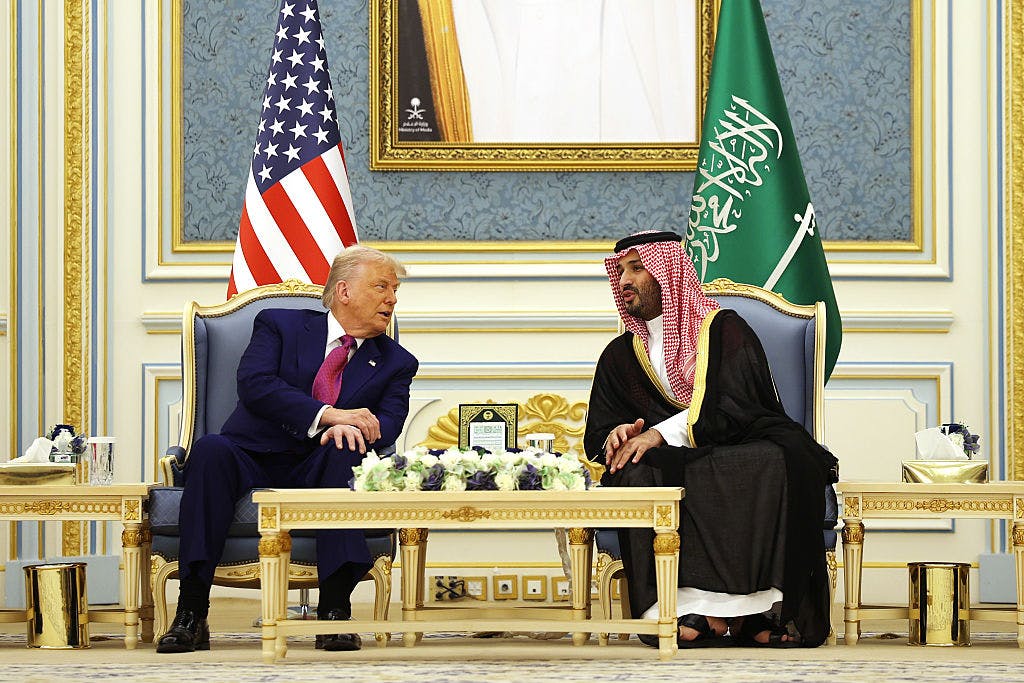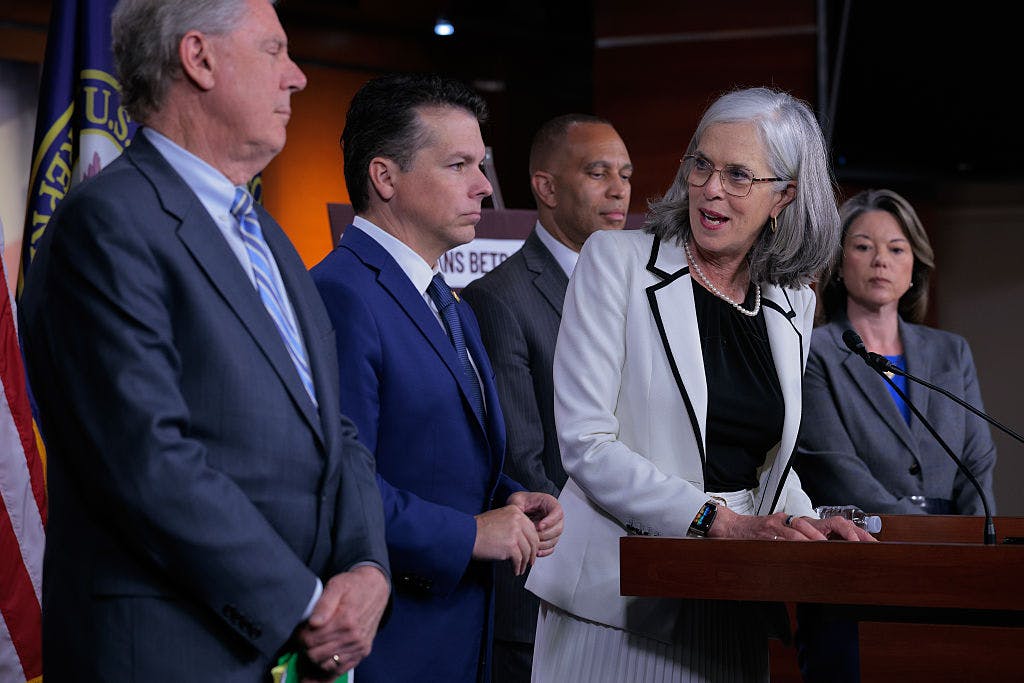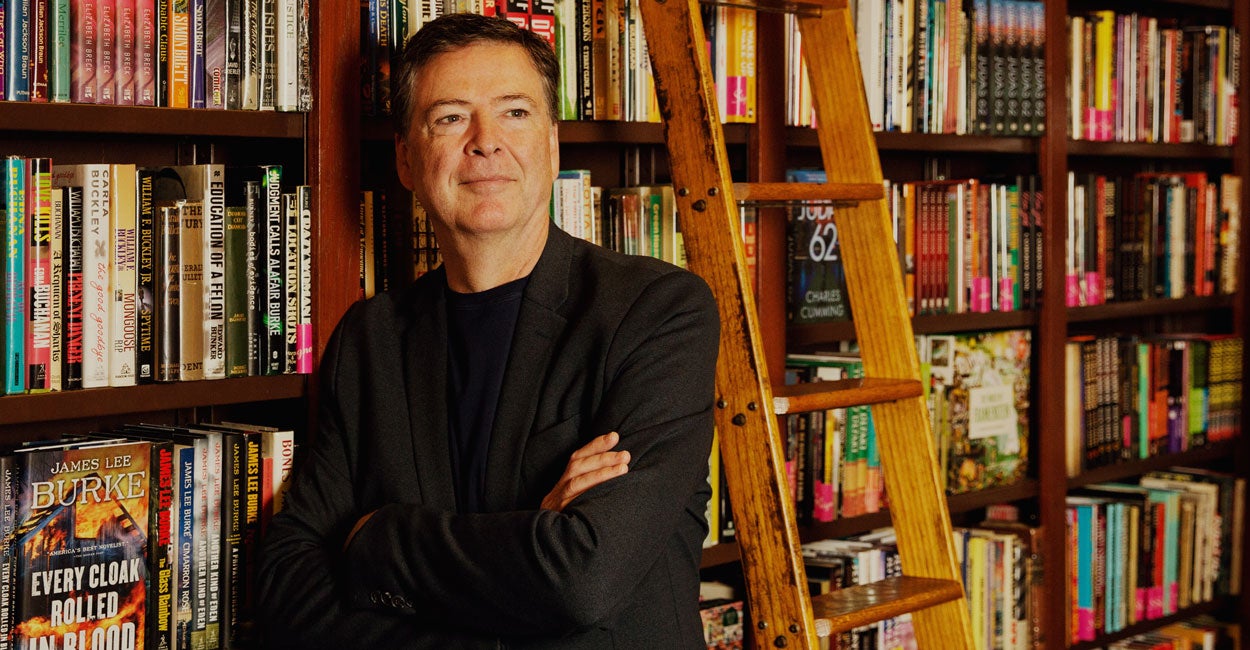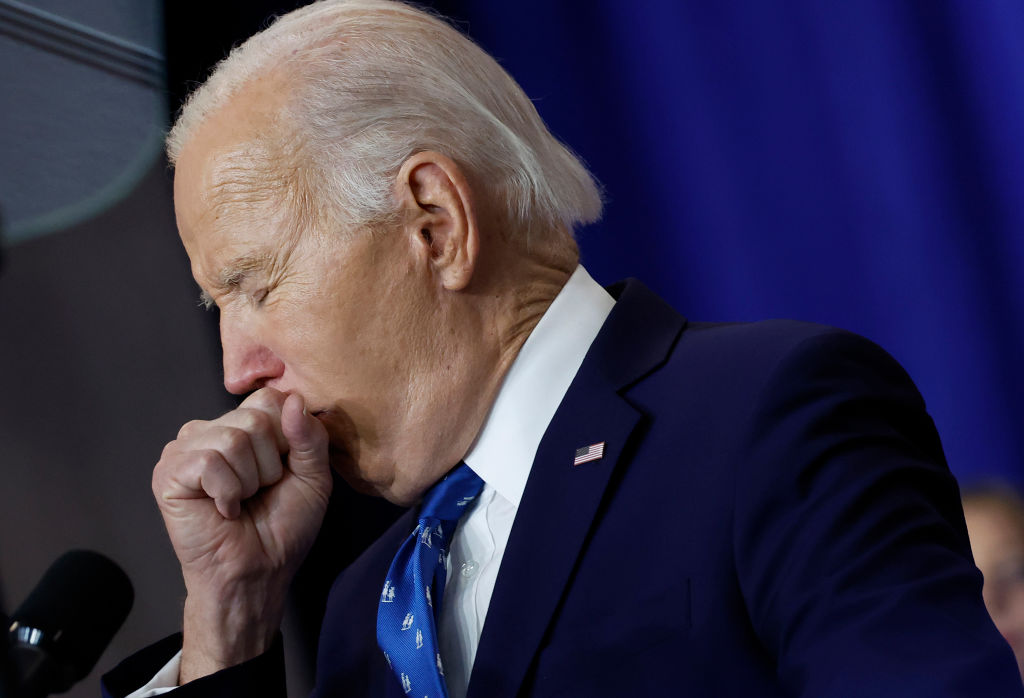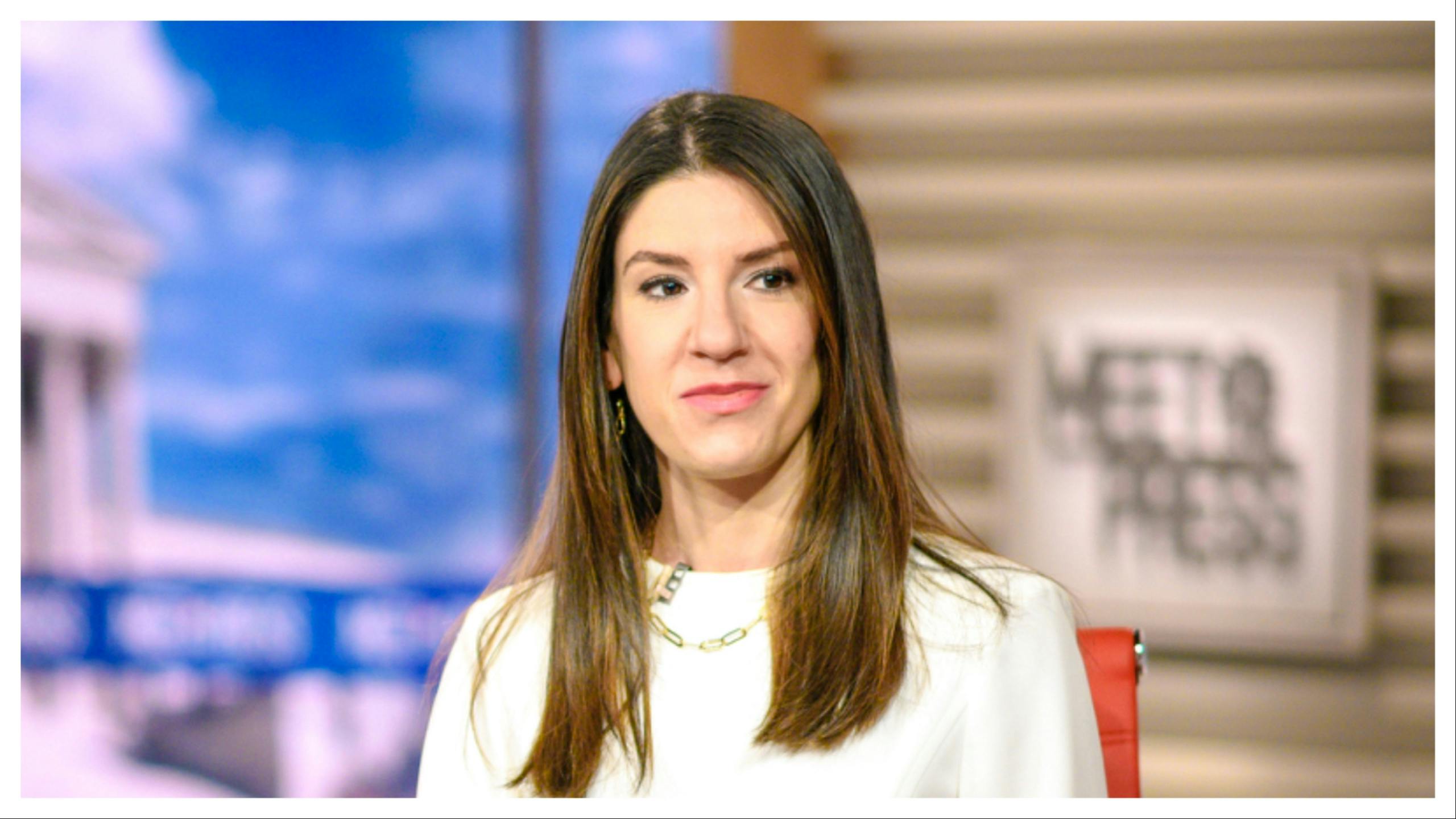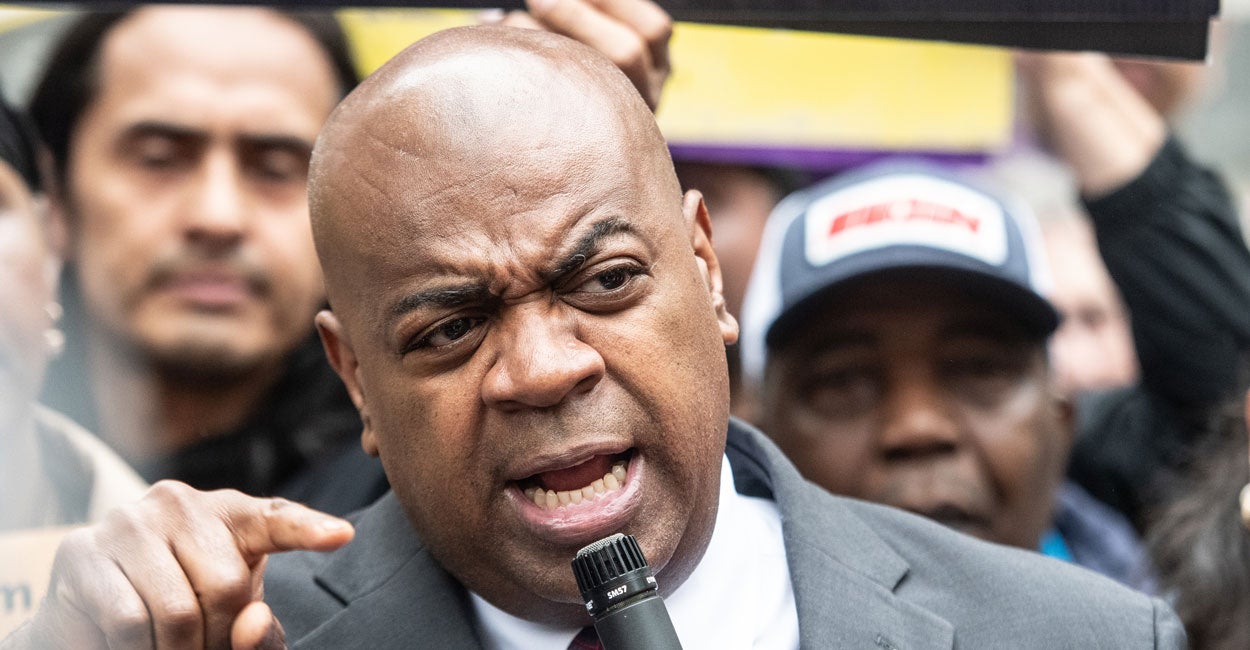'Yellowstone' actor Forrie J. Smith on why America needs to rediscover its cowboy culture
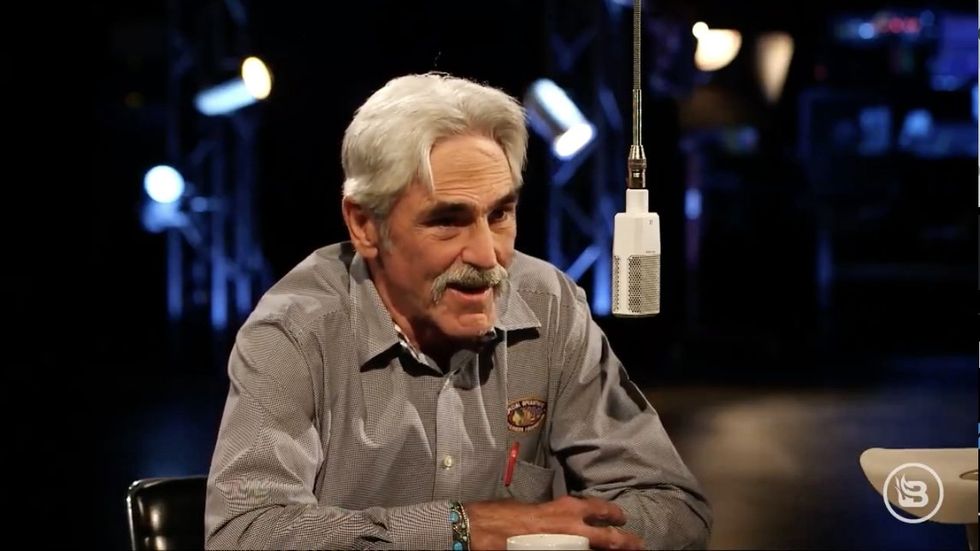

Fans of "Yellowstone" recently said goodbye to Yellowstone Dutton Ranch patriarch John Dutton — yet another one of the shocking twists that make Taylor Sheridan's series so compelling.
But none of the larger-than-life drama would work if "Yellowstone" didn't get the details right. The show's operatic plots of murder and double-dealing take place against a quietly authentic depiction of the ranching life.
'When you start messing with my children, my animals — you crossed a line.'
One of the people to thank for that is actor Forrie J. Smith, who brings his background as an honest-to-God cowboy to his portrayal of fan favorite character Lloyd Pierce, Yellowstone Dutton Ranch's oldest ranch hand.
Smith didn't exactly audition for his role, he tells Glenn Beck during a recent sit-down on "The Glenn Beck Podcast."
Roping his way into 'Yellowstone'
He was working as a the head animal wrangler on Sheridan's 2016 movie "Hell or High Water" when somebody moved his truck. "I didn't know who it was," Smith recounts. "I rode up, roped him, and pulled him out the door."
It turned out to be the guy who'd hired him — the livestock wrangler. Fortunately Sheridan saw it Smith's way. Not only did he refuse to let Smith be fired, he told him he had a part for him in a modern Western he was writing.
Promises like that, of course, are a dime a dozen in Hollywood, but Sheridan turned out to be "a man of his word," says Smith.
Smith grew up on his grandparents' cattle ranch in Montana City, Montana, and began competing in rodeos when he was 8. Along with schoolwork and basketball, helping out on the ranch was part of his daily routine. He saw firsthand how tough the business could be.
Once, after hearing his grandfather worry that he wouldn't even break even that year, the 16-year-old Smith asked him: Why keep ranching?
"He looks at me," says Smith, "[and said,] 'Well, son, we're helping feed America. We're helping feed our country."
And that's kind of the cowboy culture, right?" continues Smith. "We're helping feed our country. We're maintaining the grass and rotating our pastures to keep up everything."
Smith dives deep into the ethos of “cowboy culture.” He shares with Beck a nugget of etiquette that may surprise city folk: why a cowboy takes off his hat before a meal.
It’s not just about appearances; it’s a gesture of respect for the hands that prepared the food and the land that provided it. This respect — for people, animals, and the land — is central to Smith's worldview and is something he feels America desperately needs to rediscover.
But Smith’s respect for tradition doesn’t mean he shies away from hard conversations. When it comes to issues affecting American values and communities, he’s unfiltered: “When you start messing with my children, my animals — you crossed a line,” he tells Beck.
From there, they discuss a range of topics, from social media’s role in creating echo chambers to concerns about public schools pushing agendas that don’t sit well with traditional American families.
At the heart of it all is the cowboy code.
A no-nonsense perspective
Smith talks openly about the struggles he faces as a rancher, recounting his experience on his ranch near the U.S.-Mexico border, where he once had to confront illegal aliens disrupting his property. He provides a raw look at what many ranchers deal with every day, and Smith doesn’t sugarcoat the realities of an open border.
The conversation also touches on America’s beef industry, a topic Forrie is passionate about. As a lifelong cowboy, he’s dismayed by the decline in quality and the growing reliance on foreign meat.
Smith also has little patience for "greenies" who try to lecture people who have been stewarding the land for generations.
He points out the environmental hypocrisy, mentioning how 60 million buffalo once roamed the plains without creating a “climate crisis.” It’s refreshing, a reminder of the practical knowledge farmers and ranchers have always held about their land.
Resurgence of the American cowboy
"Yellowstone" has brought cowboy culture back into the limelight, and Smith sees it as a chance to remind Americans of their roots. In an age when traditional values are often attacked, Smith represents quiet, resilient strength — one rooted in family, hard work, and love for the land.
Smith's stories aren’t just anecdotes; they’re calls to action. He talks about neighborly values that feel increasingly rare, recounting how communities once pulled together in hard times.
Beck and Smith agree: America has lost much of this spirit, but it isn’t too late to bring it back. Smith's life proves that we don’t need big government to build strong communities — just good neighbors and a sense of responsibility.
Standing up, even when it’s hard
Throughout the conversation, Smith emphasizes the importance of standing up for what’s right, even when it’s uncomfortable.
He hasn’t been shy about speaking his mind, even if it means standing alone.
From refusing to comply with Hollywood’s COVID mandates to staying true to his cowboy roots, Smith embodies a level of conviction that’s rare in his industry. As he tells Beck, he knows that when things go south, it won’t be the wealthy elites who know how to survive — it’ll be men like him, who can “survive with a knife.”
Watch Beck's full interview with Smith below:
Originally Published at Daily Wire, Daily Signal, or The Blaze
What's Your Reaction?
 Like
0
Like
0
 Dislike
0
Dislike
0
 Love
0
Love
0
 Funny
0
Funny
0
 Angry
0
Angry
0
 Sad
0
Sad
0
 Wow
0
Wow
0
